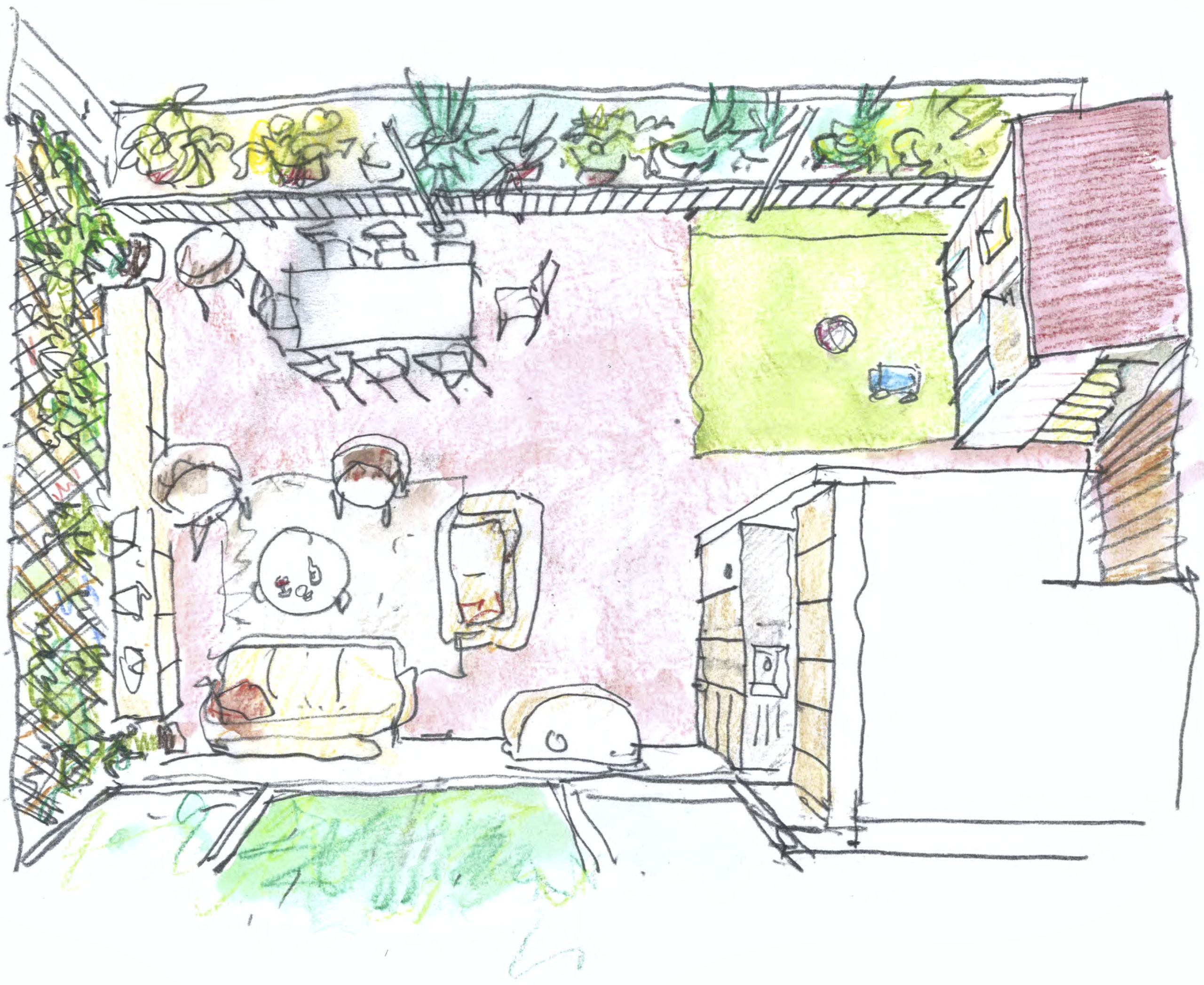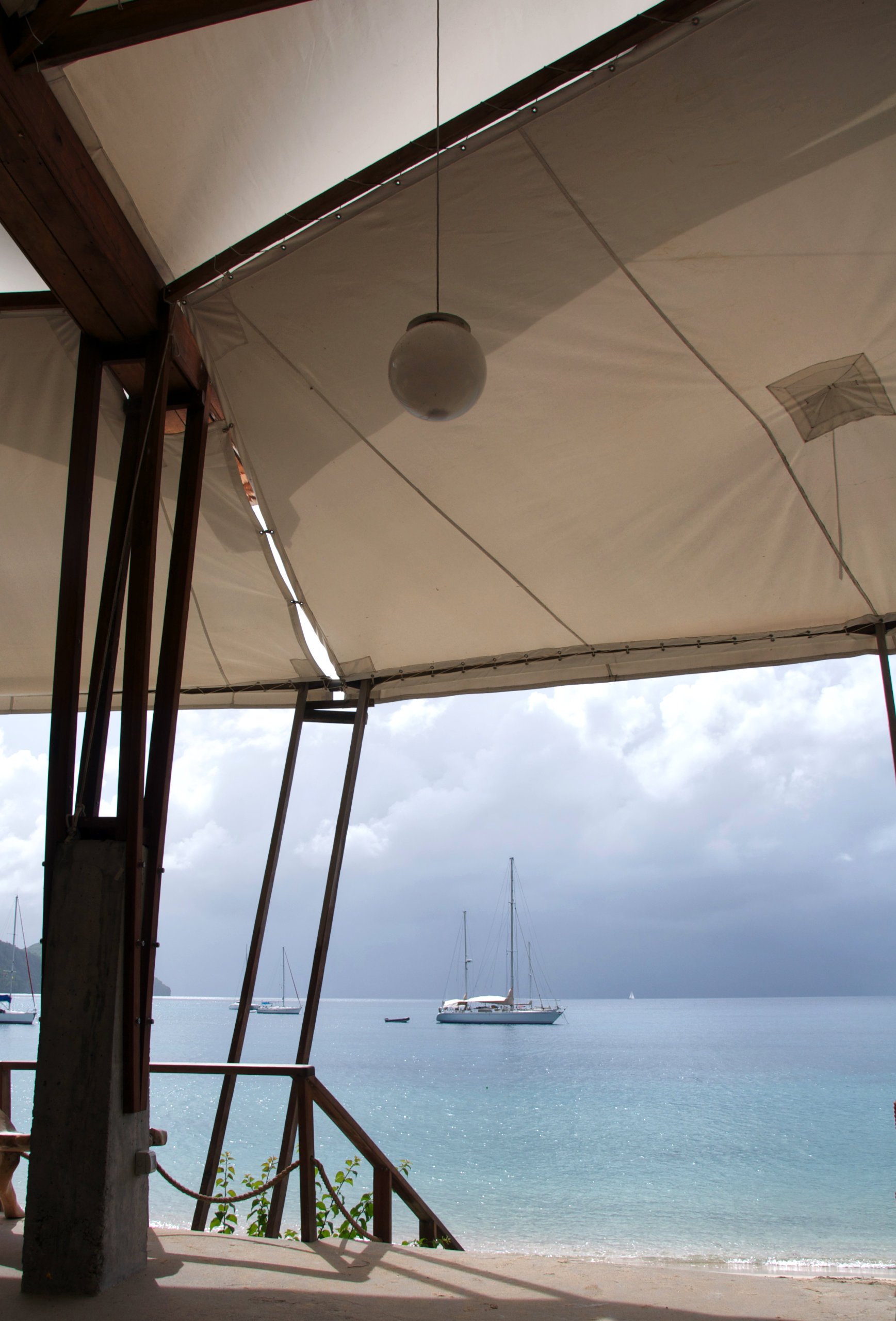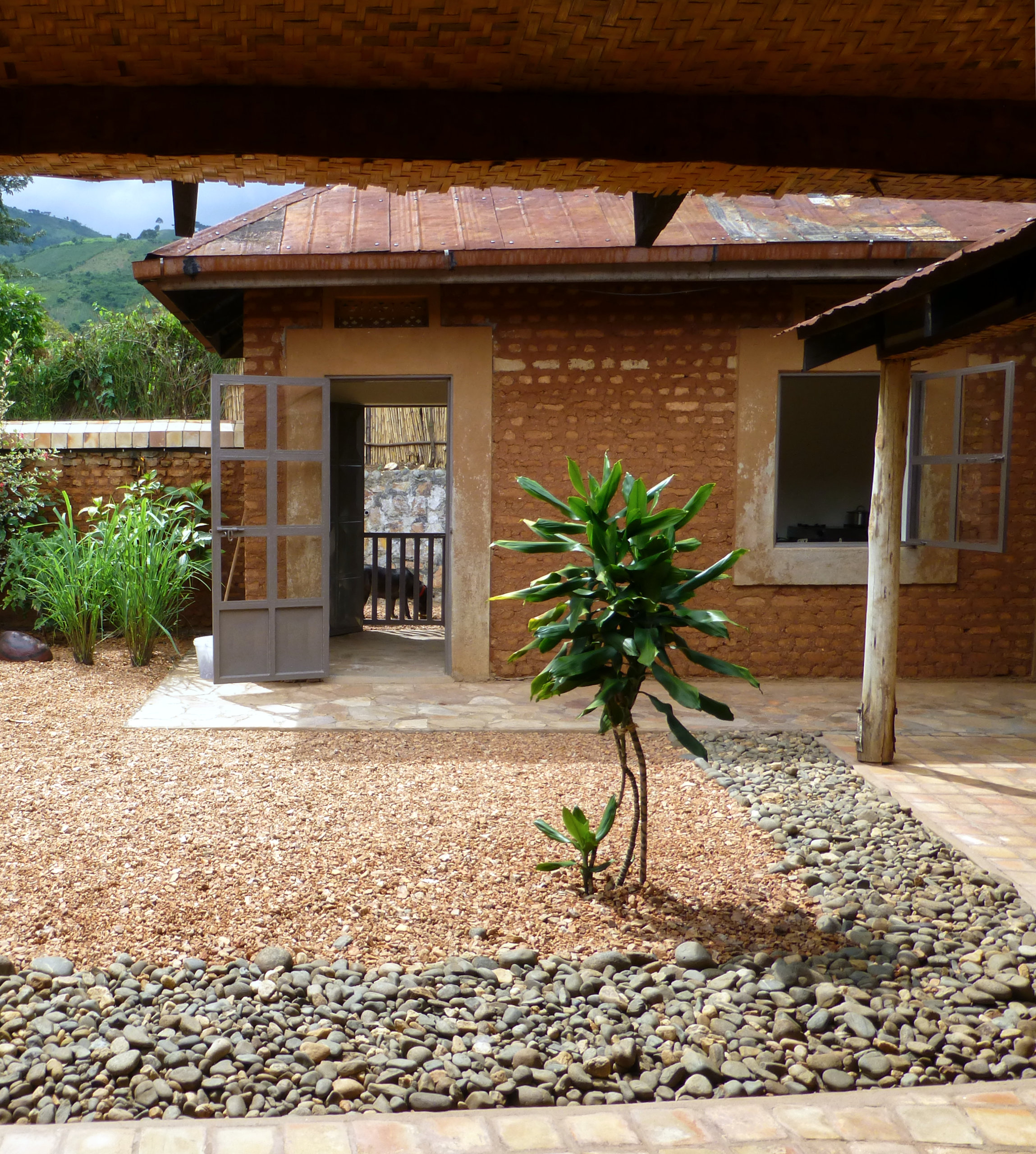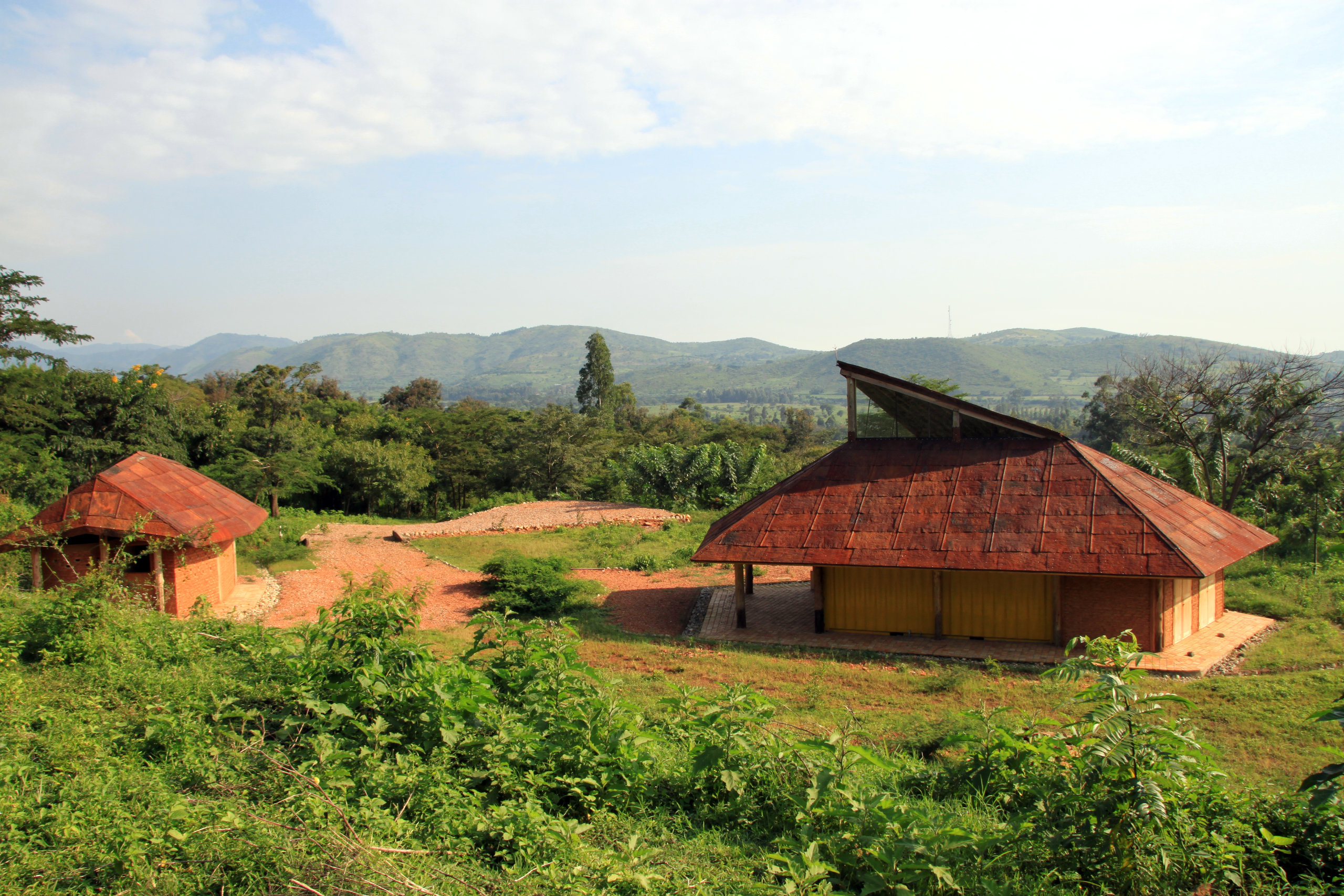INTERNATIONAL PROJECTS
The practice has considerable experience working abroad and has established a reputation for being able to accommodate local conditions realistically while at the same time maintaining the standard of product and service for which we have become known in Britain.
The practice has considerable experience working abroad and has established a reputation for being able to accommodate local conditions realistically while at the same time maintaining the standard of product and service for which we have become known in Britain.
The practice has considerable experience working abroad and has established a reputation for being able to accommodate local conditions realistically while at the same time maintaining the standard of product and service for which we have become known in Britain.
We are able to put together a multidisciplinary team of consultants all of whom have undertaken extensive overseas work and also to work with associated local offices acting as executive architects. Our scope of experience includes:
- Office and administration buildings.
- Hotels and leisure facilities.
- Educational buildings.
- The design of large private houses.
- Strategic development advice.
We are able to put together a multidisciplinary team of consultants all of whom have undertaken extensive overseas work and also to work with associated local offices acting as executive architects. Our scope of experience includes:
- Office and administration buildings.
- Hotels and leisure facilities.
- Educational buildings.
- The design of large private houses.
- Strategic development advice.
We have developed a particular expertise in combining the best of local materials, traditions, craftmanship and techniques with the latest appropriate technology and modern international design requirements. We find that this is beneficial economically, socially, environmentally and functionally.
“Where resources are scarce, necessity dictates lean use of materials. The marriage of natural and industrial materials results in an elegant simplicity, which could be more widely emulated in sustainable design.”
“Where resources are scarce, necessity dictates lean use of materials. The marriage of natural and industrial materials results in an elegant simplicity, which could be more widely emulated in sustainable design.”
Hattie Hartman
The Architects' Journal
Especially in our work in developing countries, we consider it particularly important to cause minimum damaging impact on the host environment. Our approach takes full account of such issues as long-term sustainability, ecologically responsible choice of materials and minimum visual intrusion.
“…the buildings have a scale, dignity and materiality appropriate to their setting. If only everything built ... could be so physically and culturally tactful.”
“…the buildings have a scale, dignity and materiality appropriate to their setting. If only everything built ... could be so physically and culturally tactful.”
CATHERINE SLESSOR
THE ArchitecturAL REVIEW
“The British High Commission building in Kampala is all about engaging with the local economy. Instead of ‘arriving in a box’ (as embassies often do) this one arises out of an exploration by architect, client and local contractors of the vernacular and the ways in which it can be adapted to the needs of sophisticated building types such as these. By using and adapting local materials, this project seems literally to grow out of the red soil of Africa.”
“The British High Commission building in Kampala is all about engaging with the local economy. Instead of ‘arriving in a box’ (as embassies often do) this one arises out of an exploration by architect, client and local contractors of the vernacular and the ways in which it can be adapted to the needs of sophisticated building types such as these. By using and adapting local materials, this project seems literally to grow out of the red soil of Africa.”
THE ARCHITECTS' Journal
OUR INTERNATIONAL PROJECTS
Kilburn Nightingale Architects
26 Harrison Street
London WC1H 8JW
+44 (0) 20 7812 1102
post@KilburnNightingale.com
Kilburn Nightingale Architects
26 Harrison Street
London WC1H 8JW
+44 (0) 20 7812 1102
post@KilburnNightingale.com
Kilburn Nightingale Architects
26 Harrison Street
London WC1H 8JW
+44 (0) 20 7812 1102
post@KilburnNightingale.com
Kilburn Nightingale Architects
26 Harrison Street
London WC1H 8JW
+44 (0) 20 7812 1102
post@KilburnNightingale.com
© Kilburn Nightingale Architects 2025 | Company Number: 05855934 Registered in England and Wales | An RIBA Chartered Practice | We respect your privacy
© Kilburn Nightingale Architects 2025 | Company Number: 05855934 Registered in England and Wales | An RIBA Chartered Practice | We respect your privacy
© Kilburn Nightingale Architects 2025 | Company Number: 05855934 Registered in England and Wales | An RIBA Chartered Practice | We respect your privacy
© Kilburn Nightingale Architects 2025 | Company Number: 05855934 Registered in England and Wales | An RIBA Chartered Practice | We respect your privacy
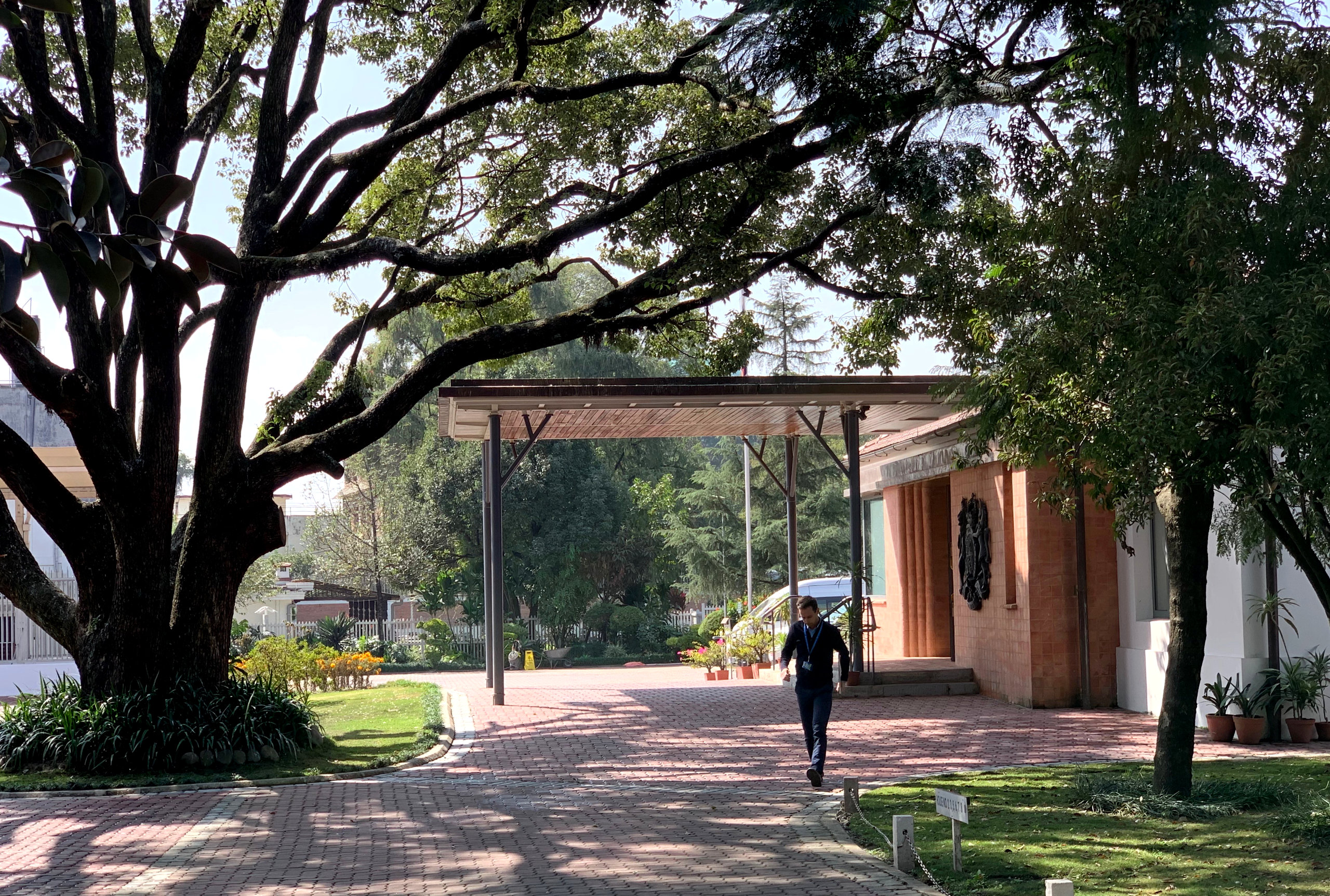
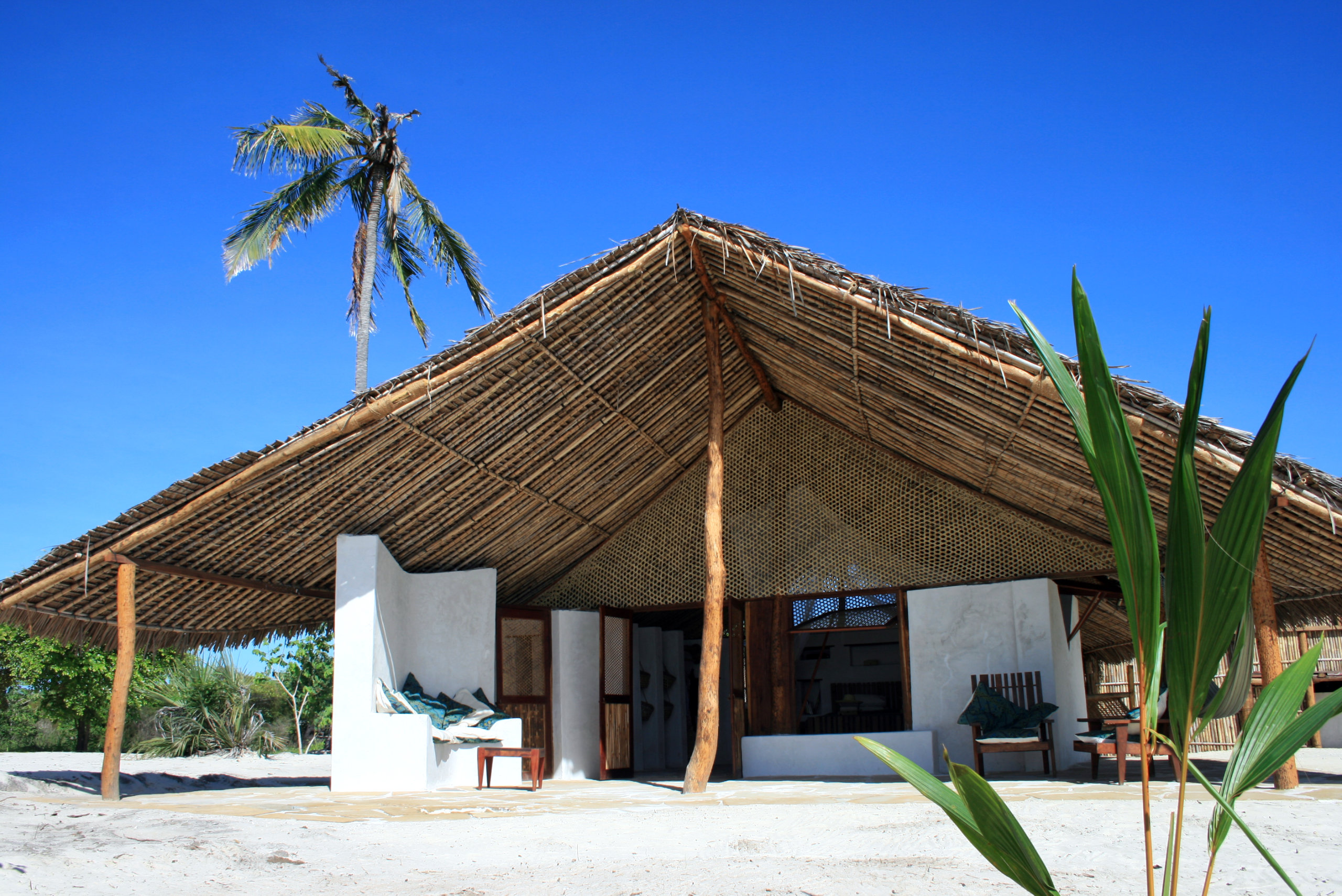
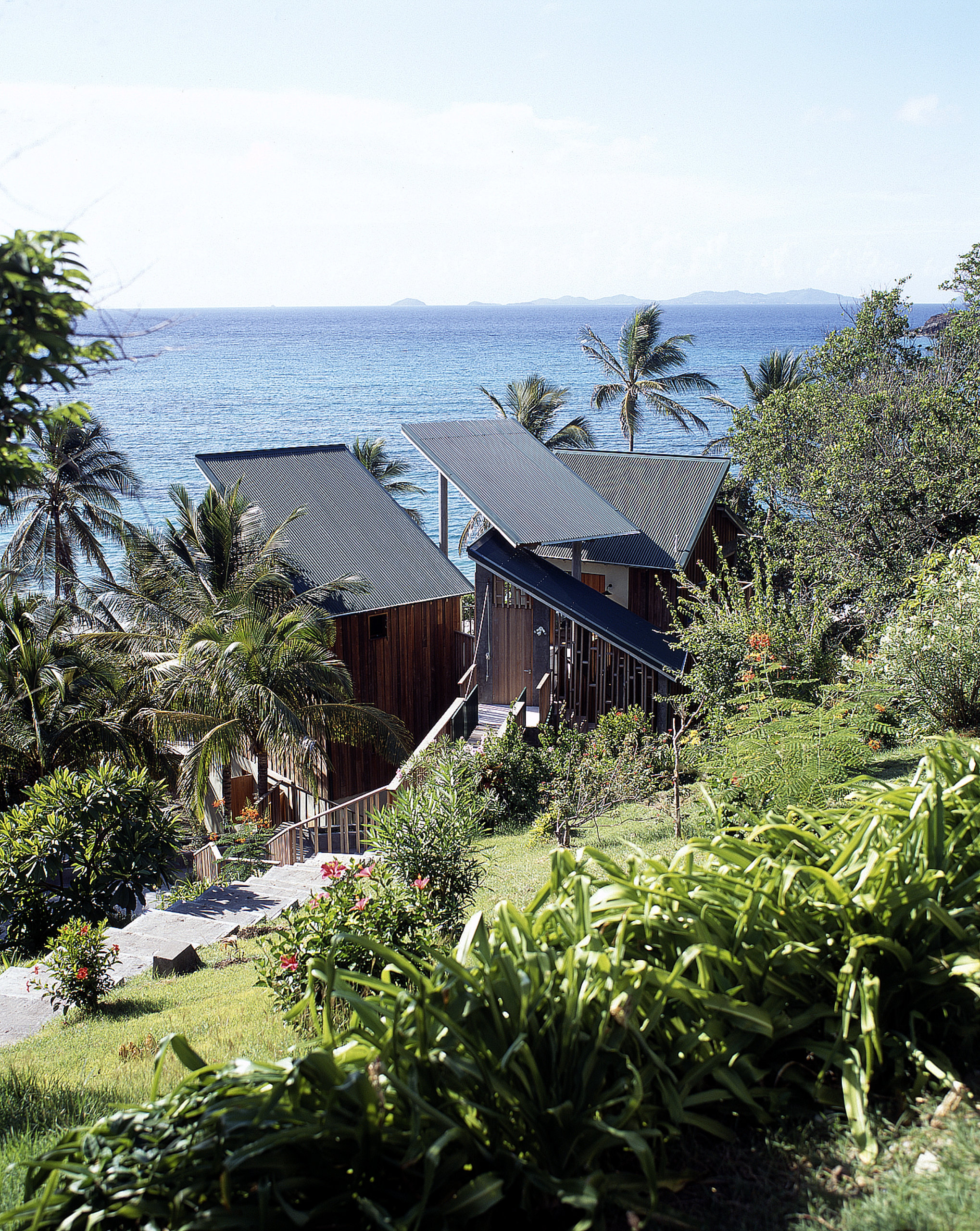
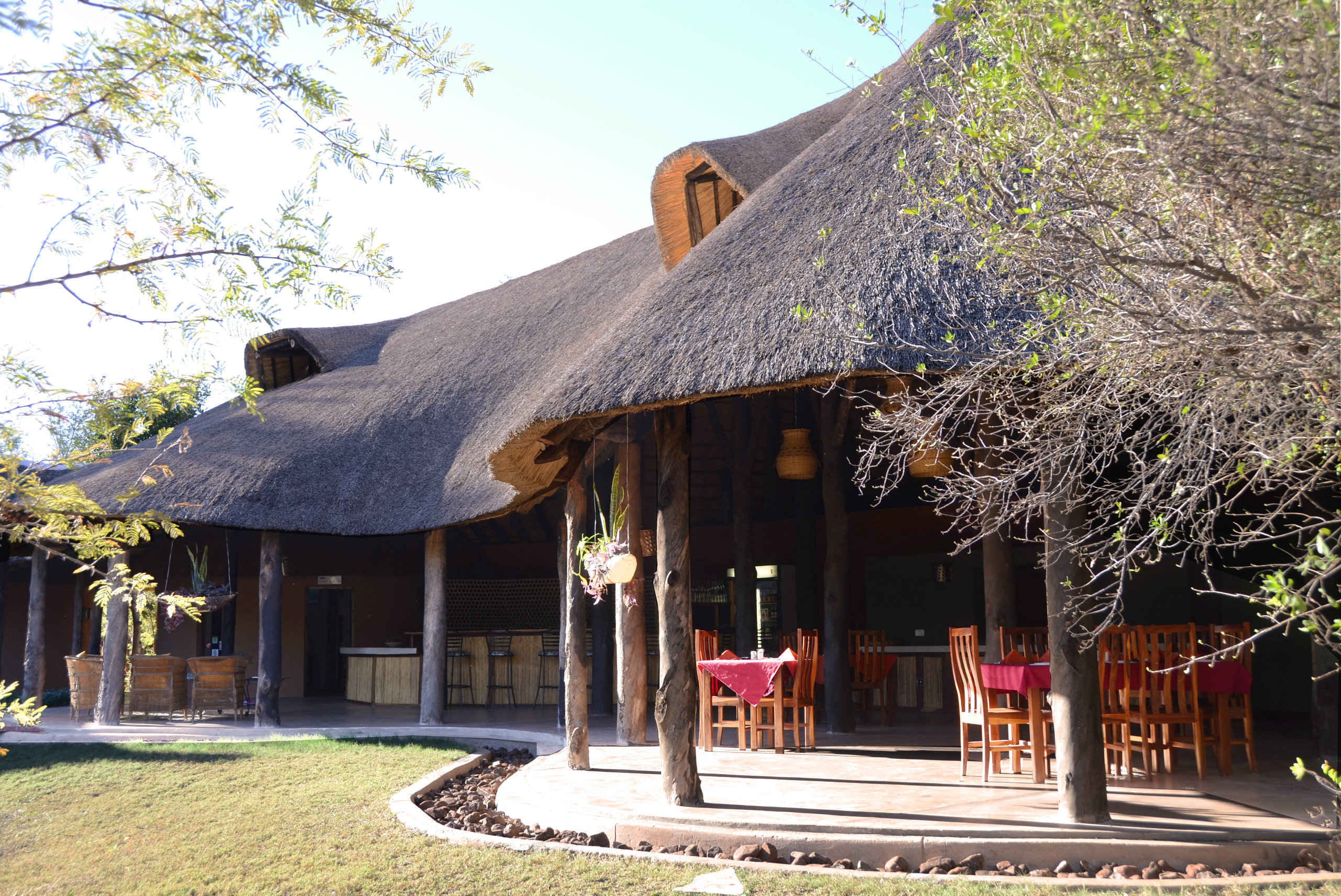
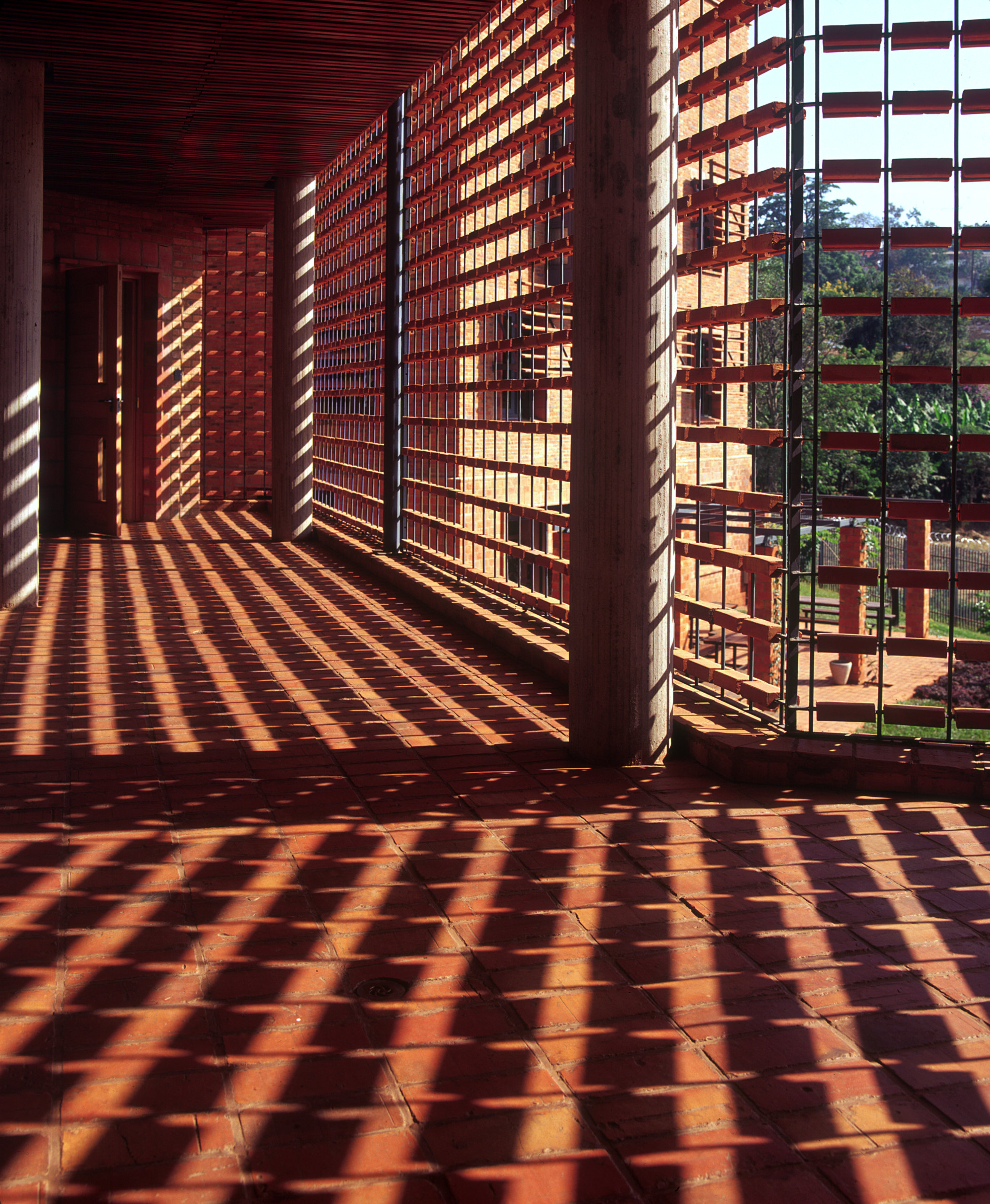
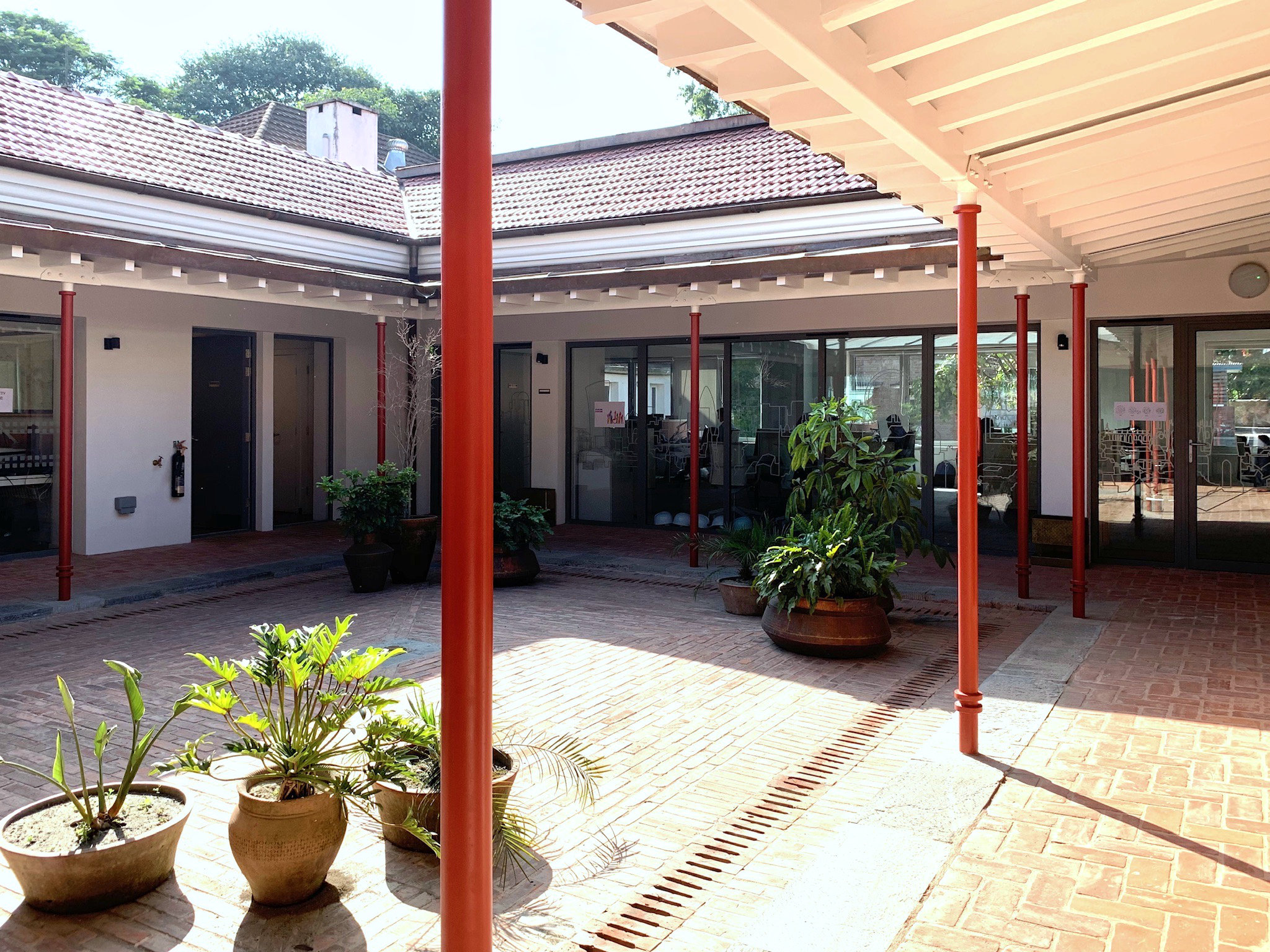
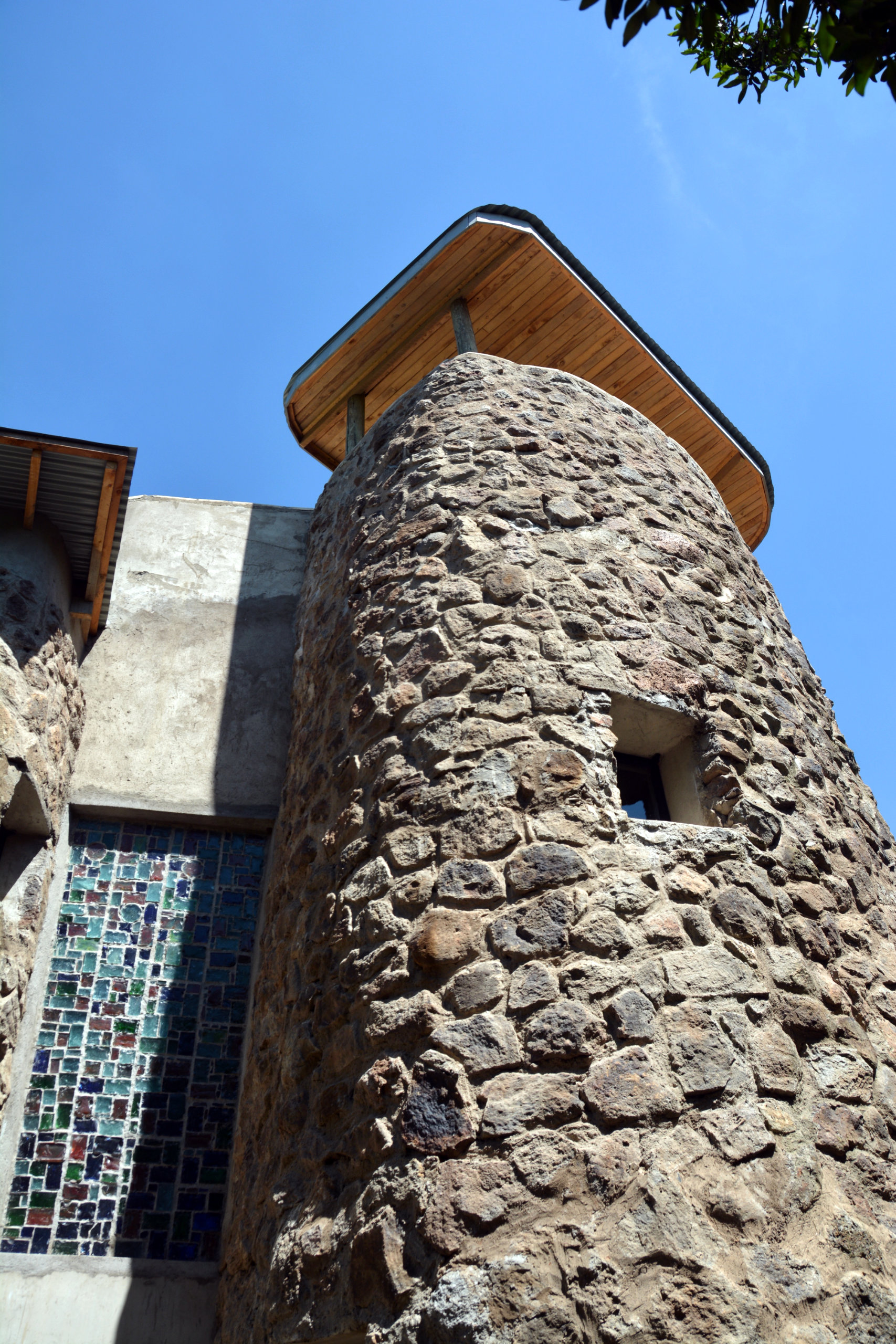
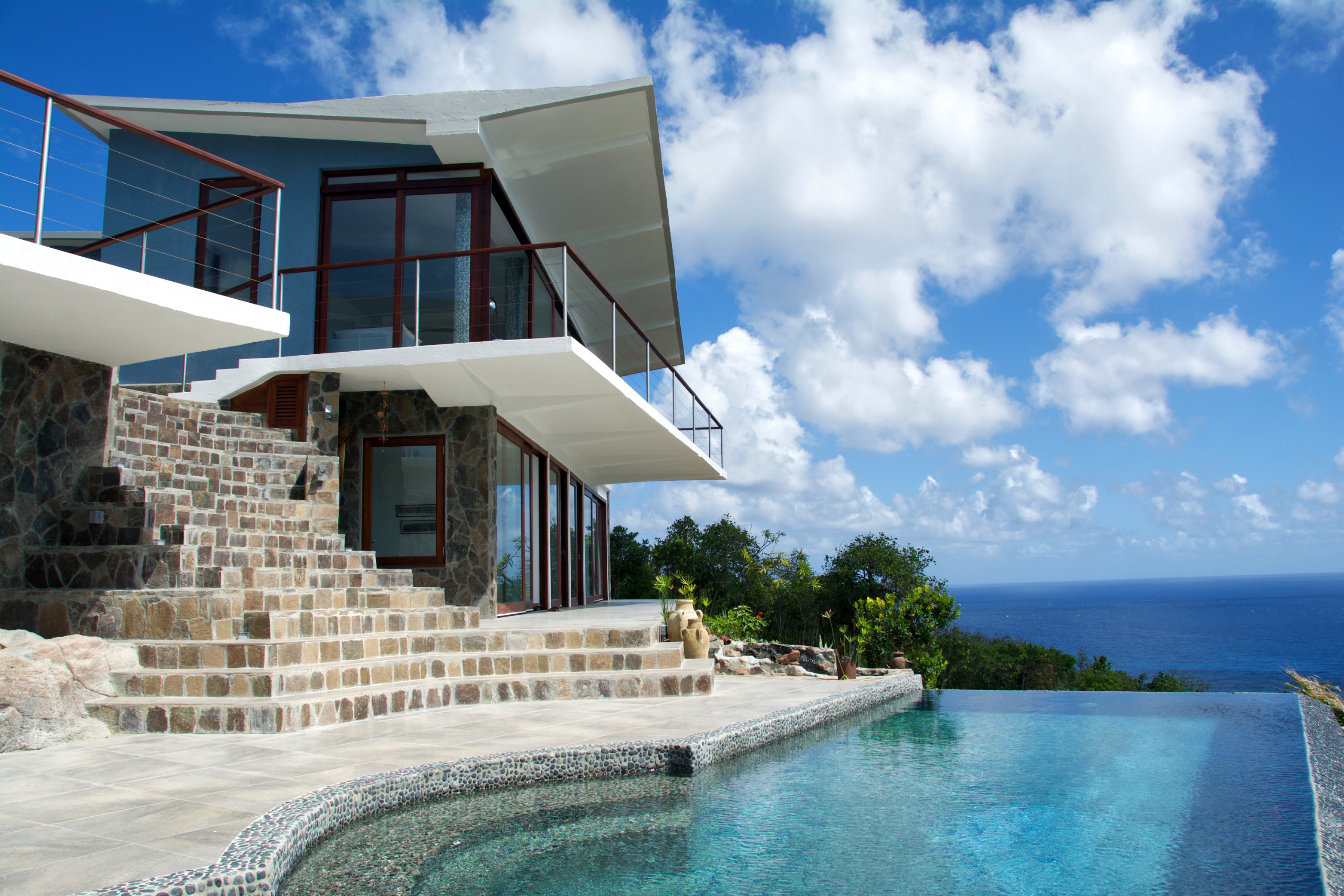
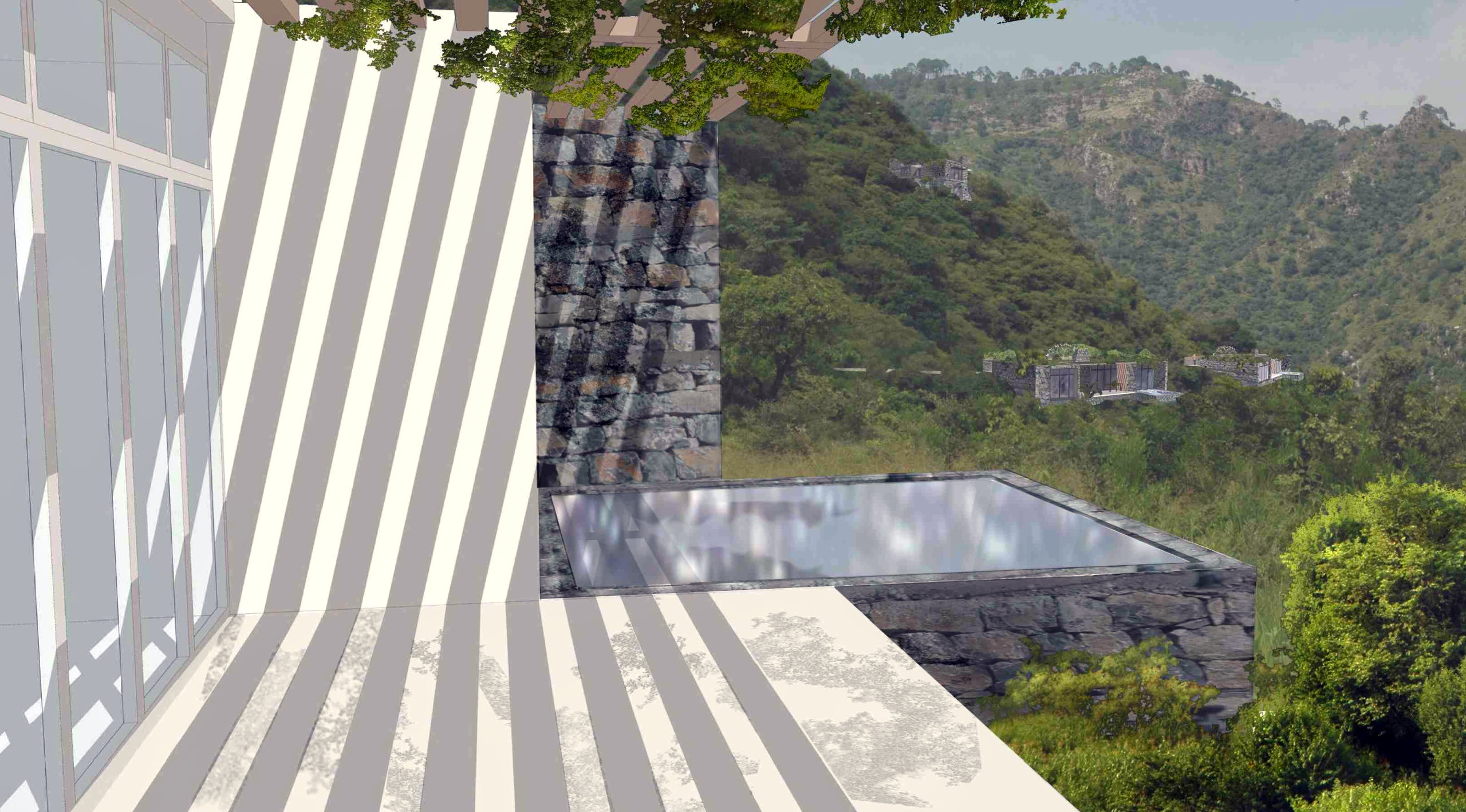
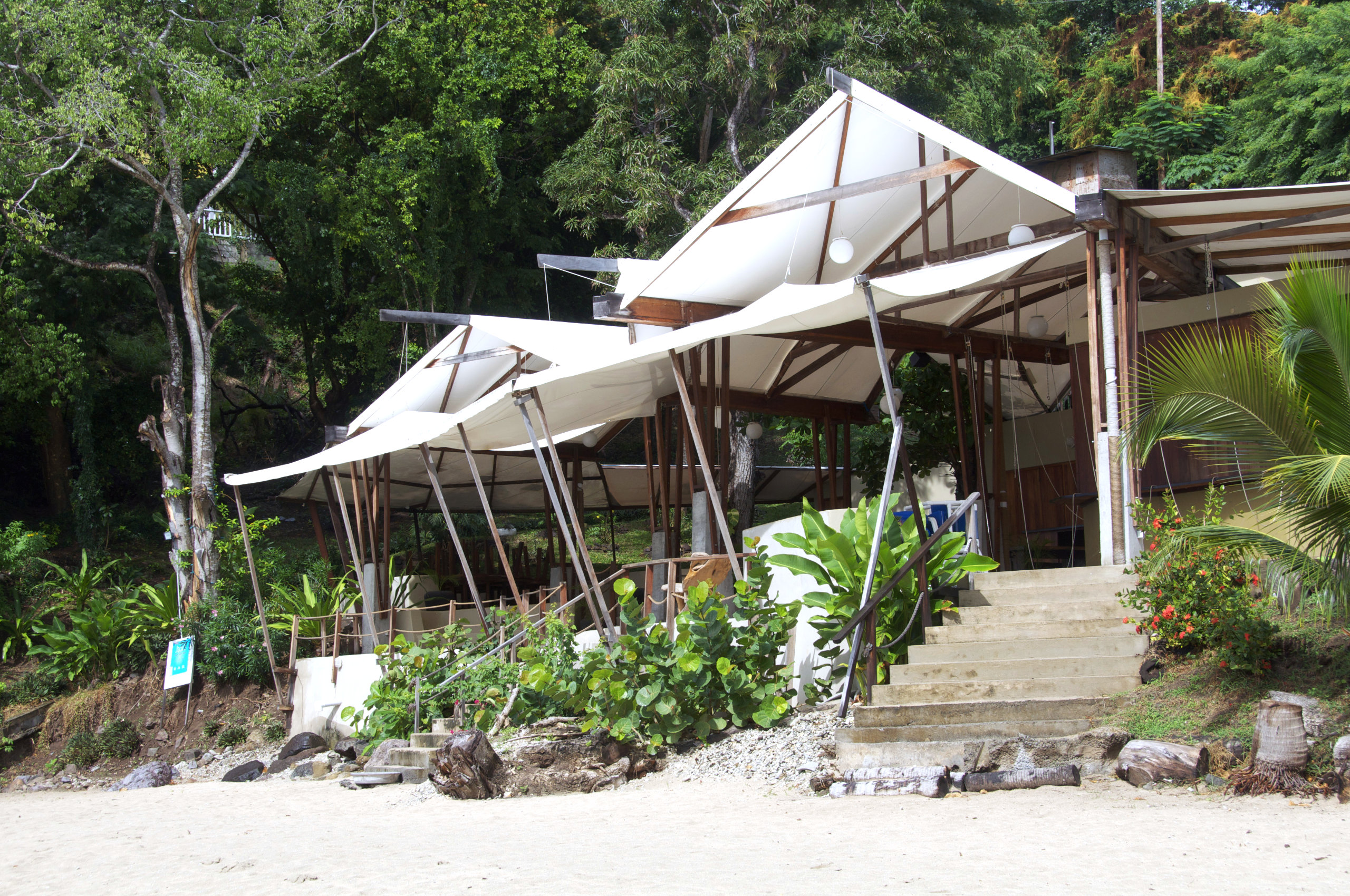
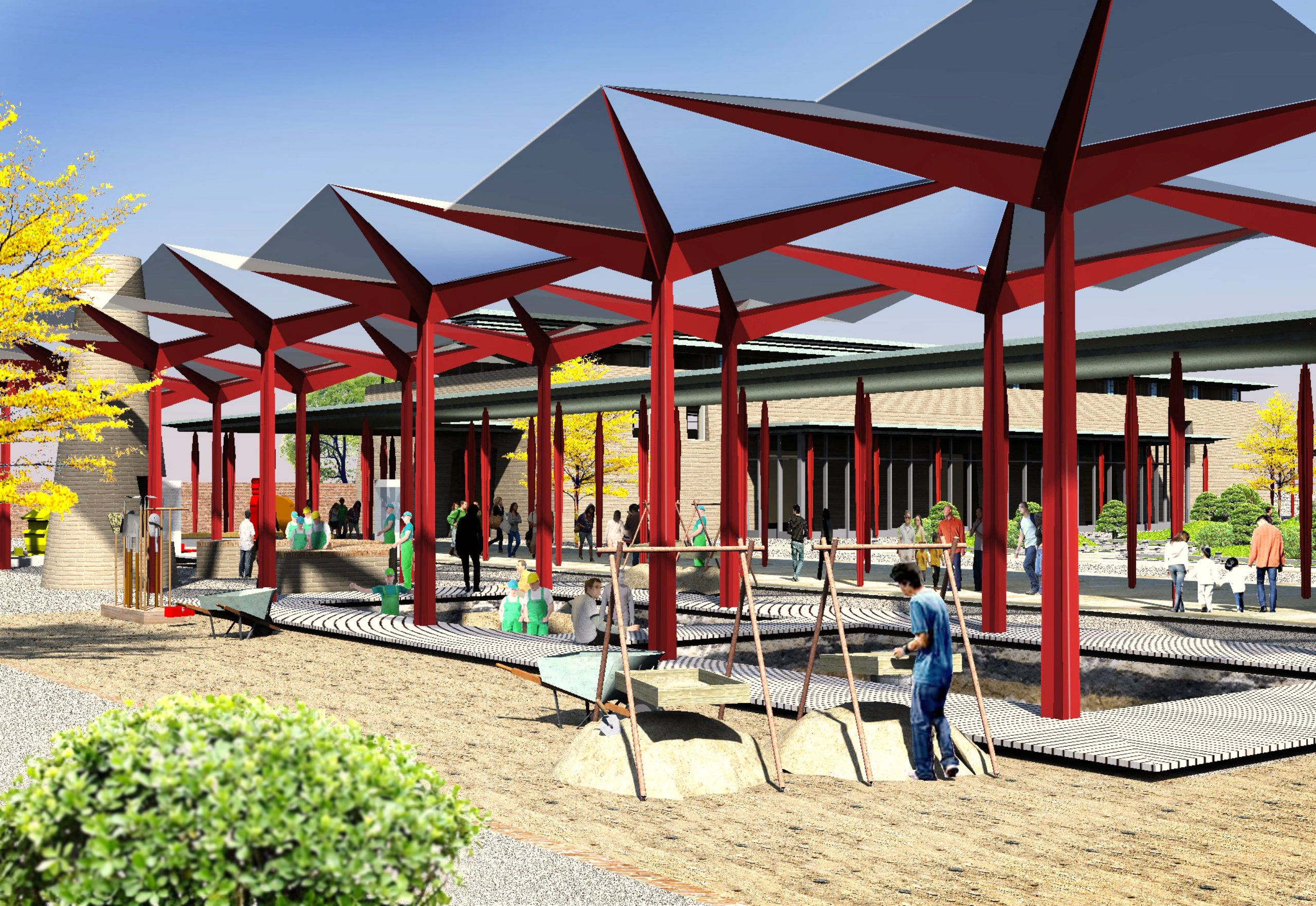
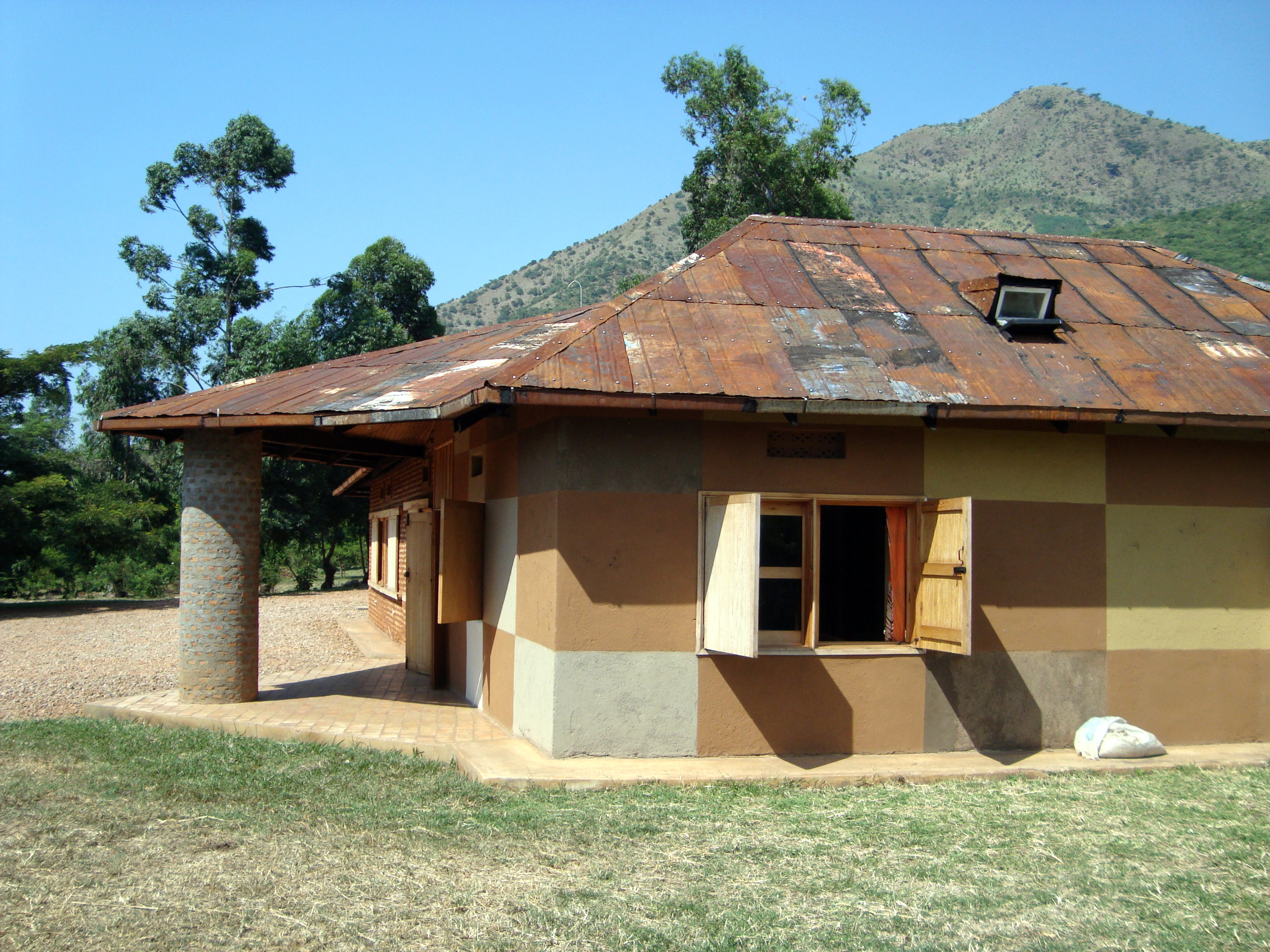
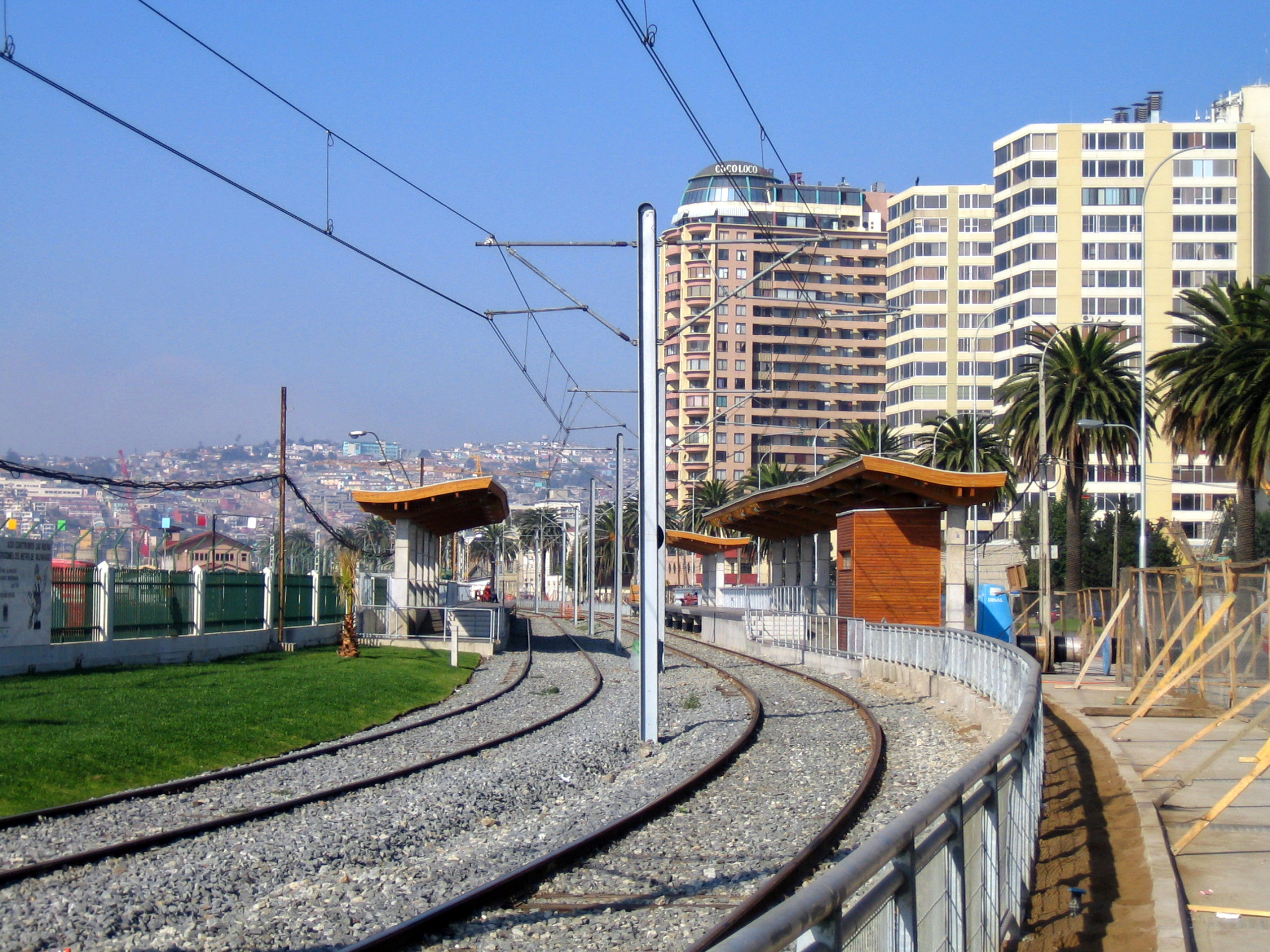
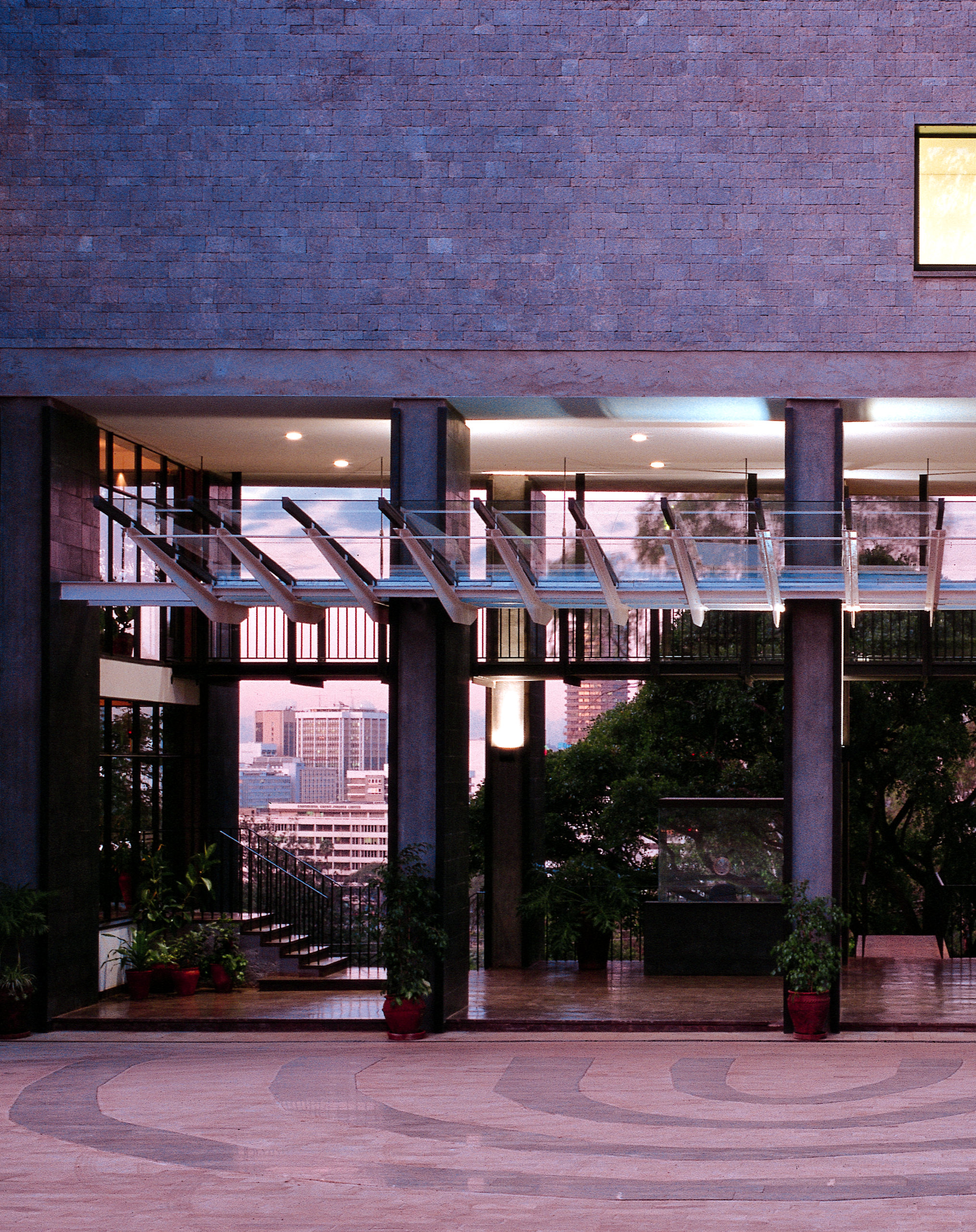
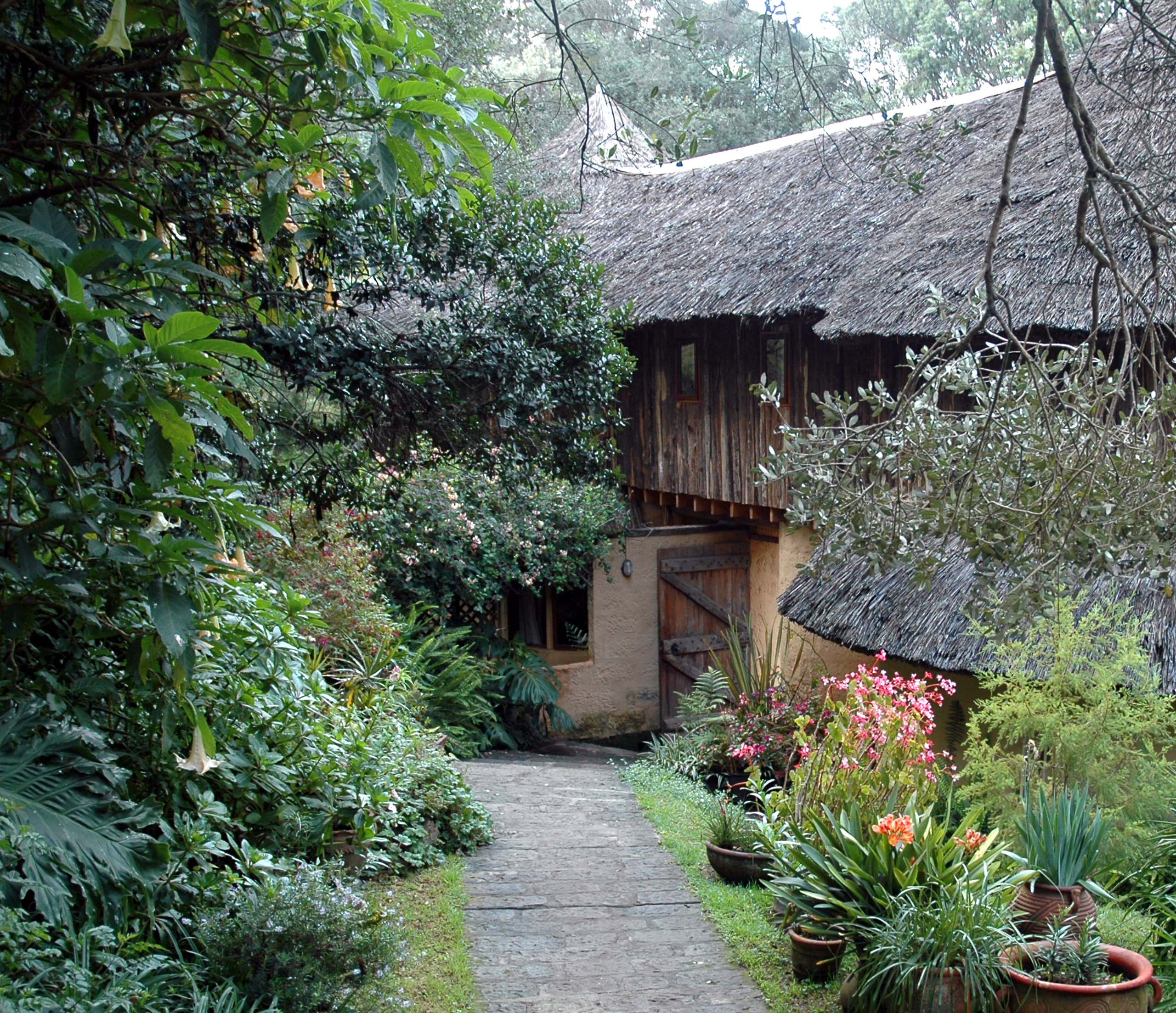
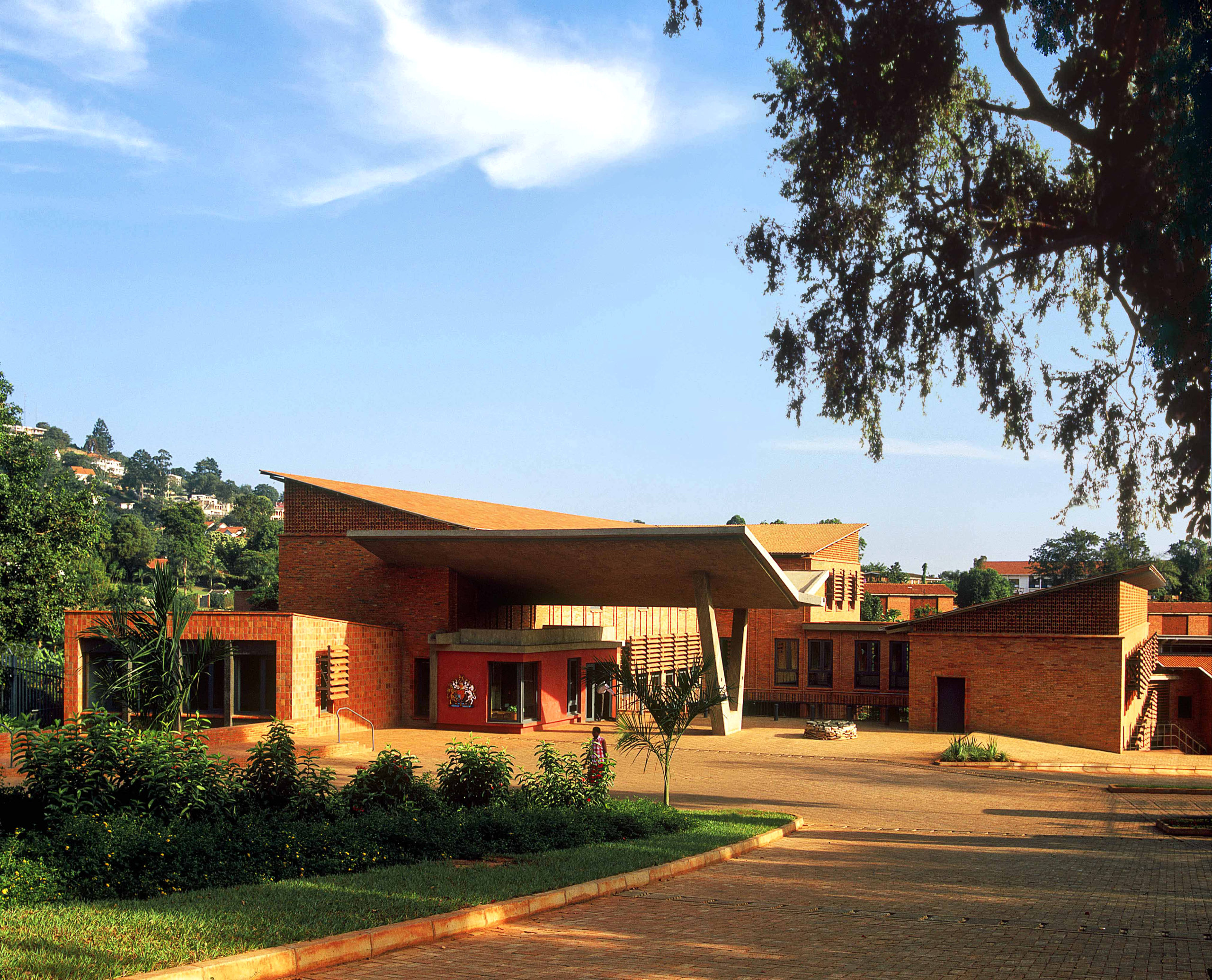
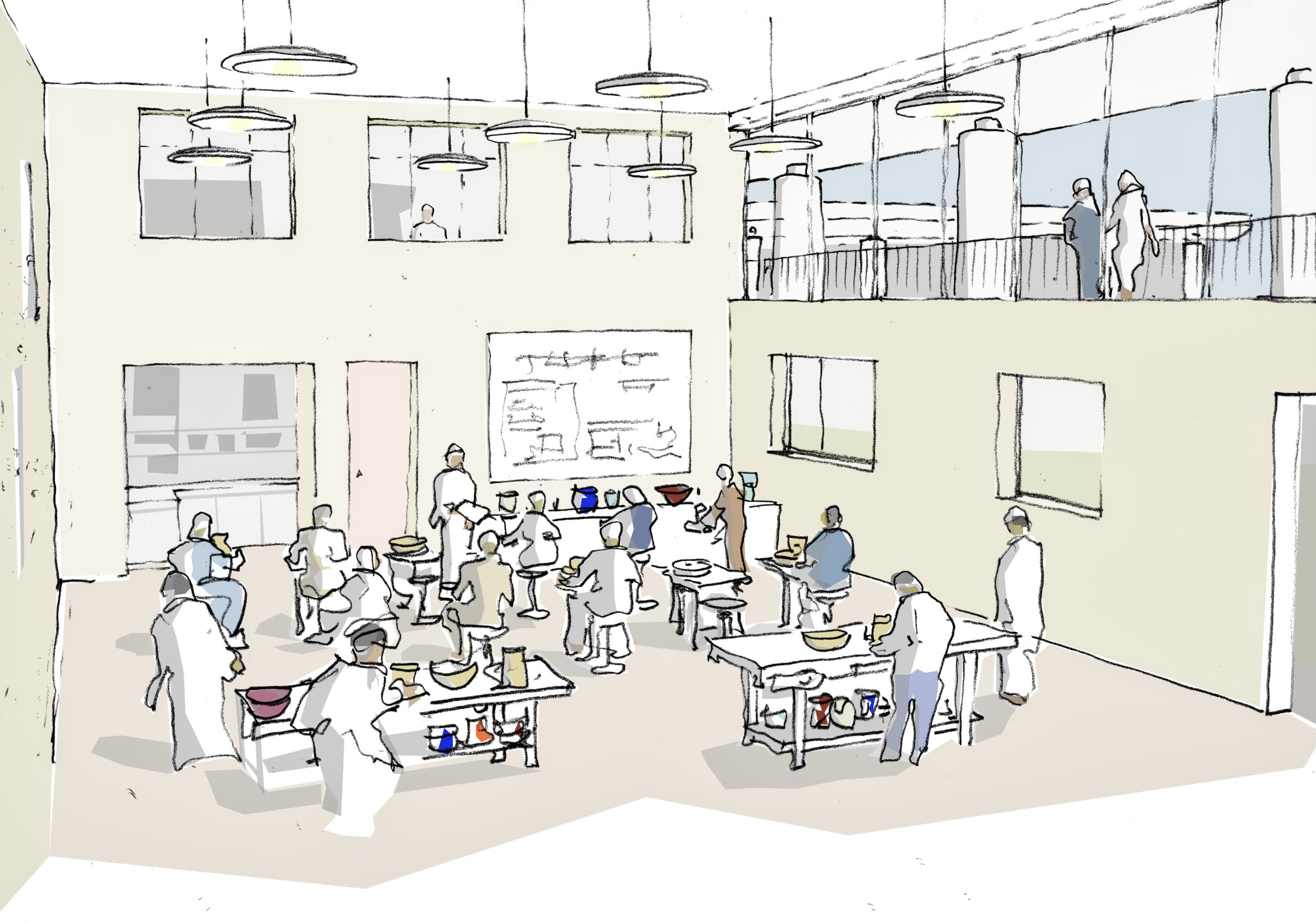
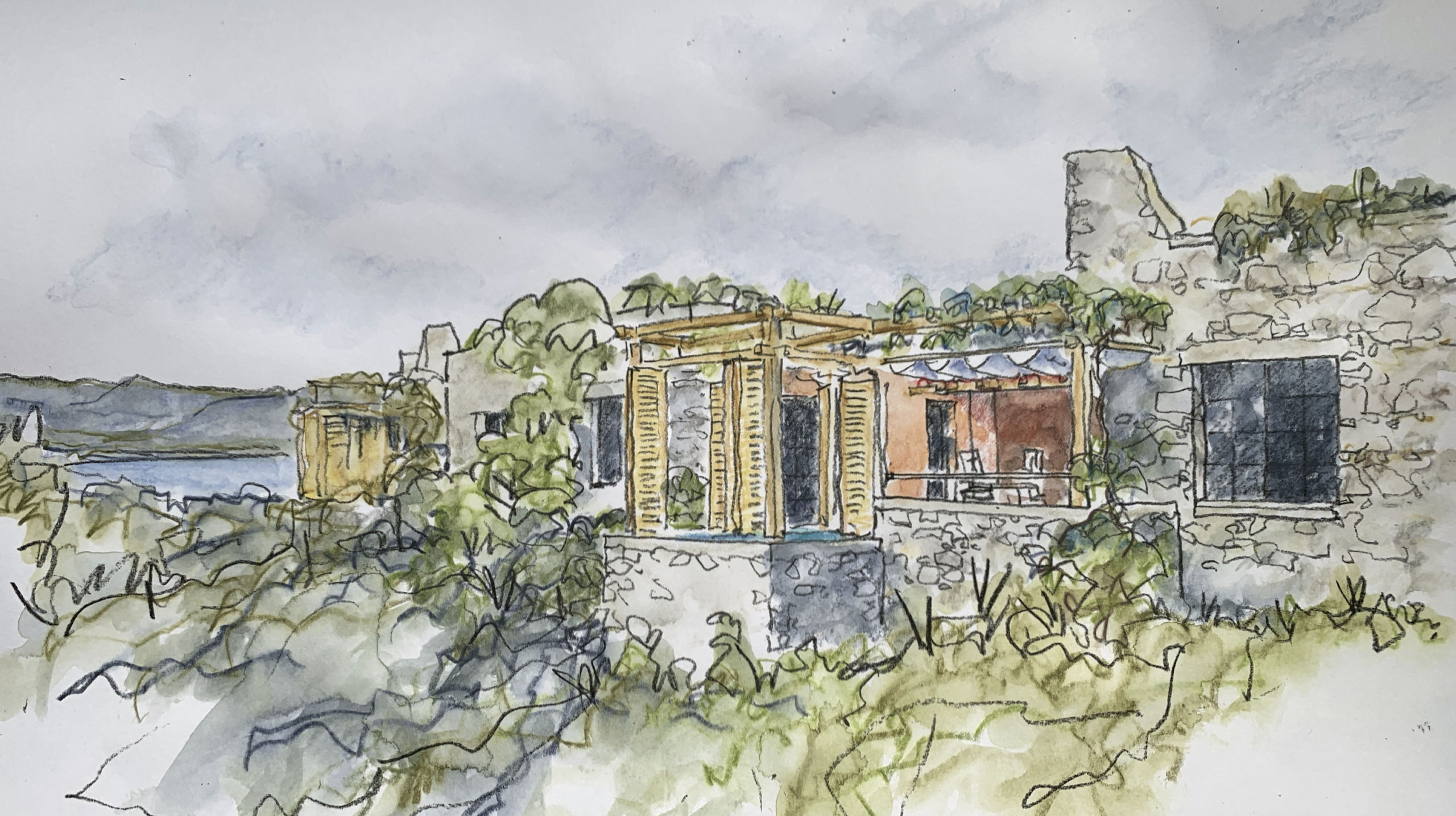
![Maasai Mara Conservation Centre [Competition]](https://kilburnnightingale.com/wp-content/uploads/2024/09/MMCC_main_image.jpg)
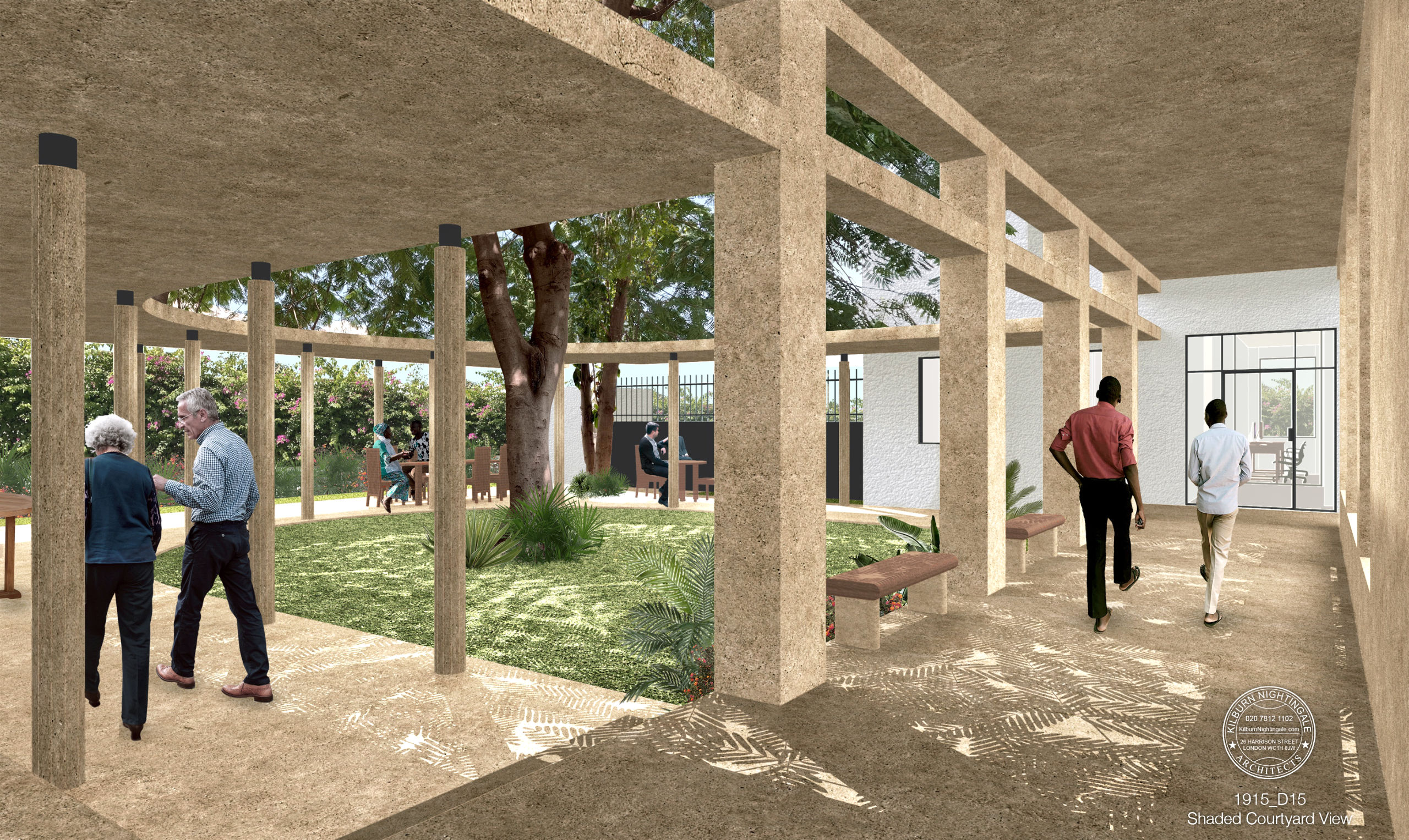
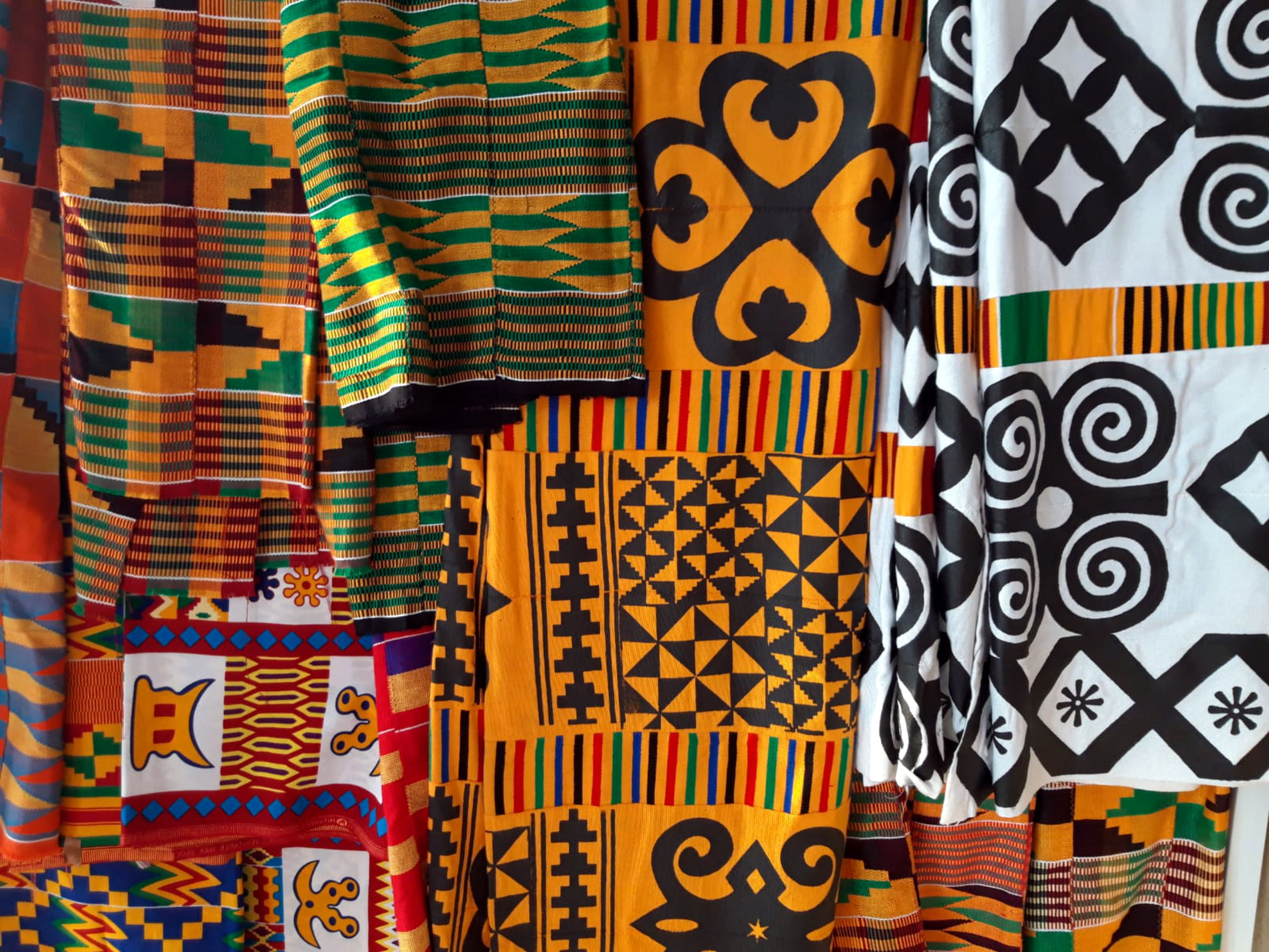
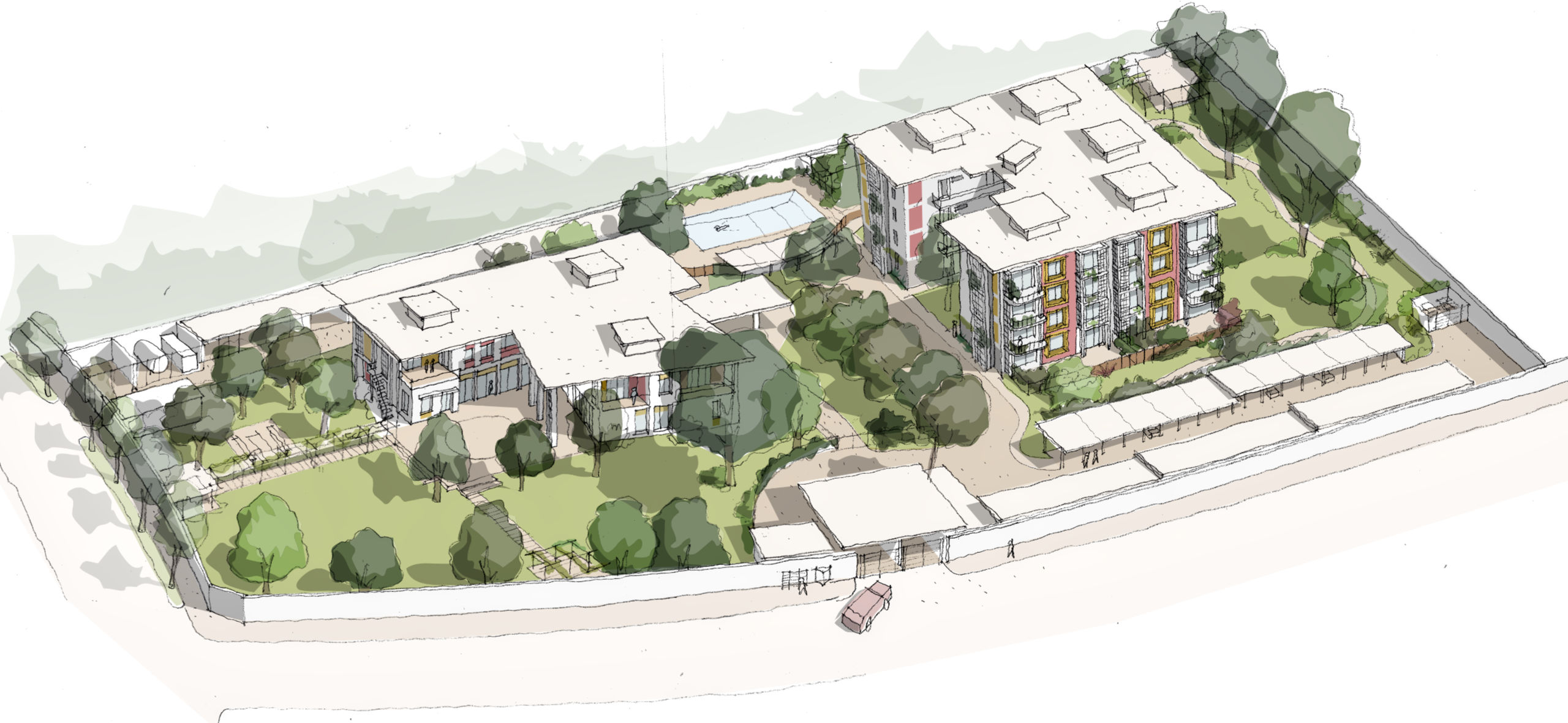
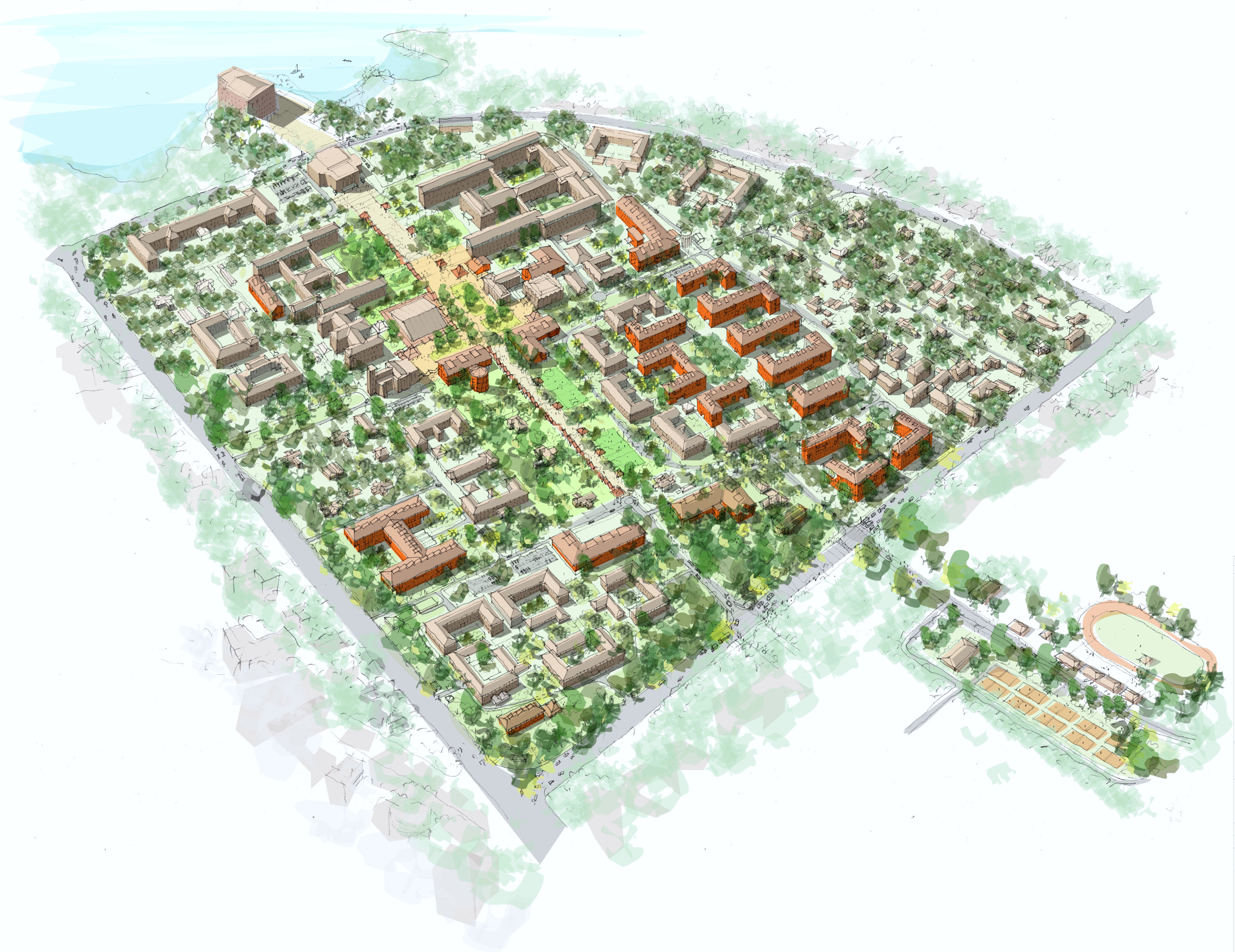
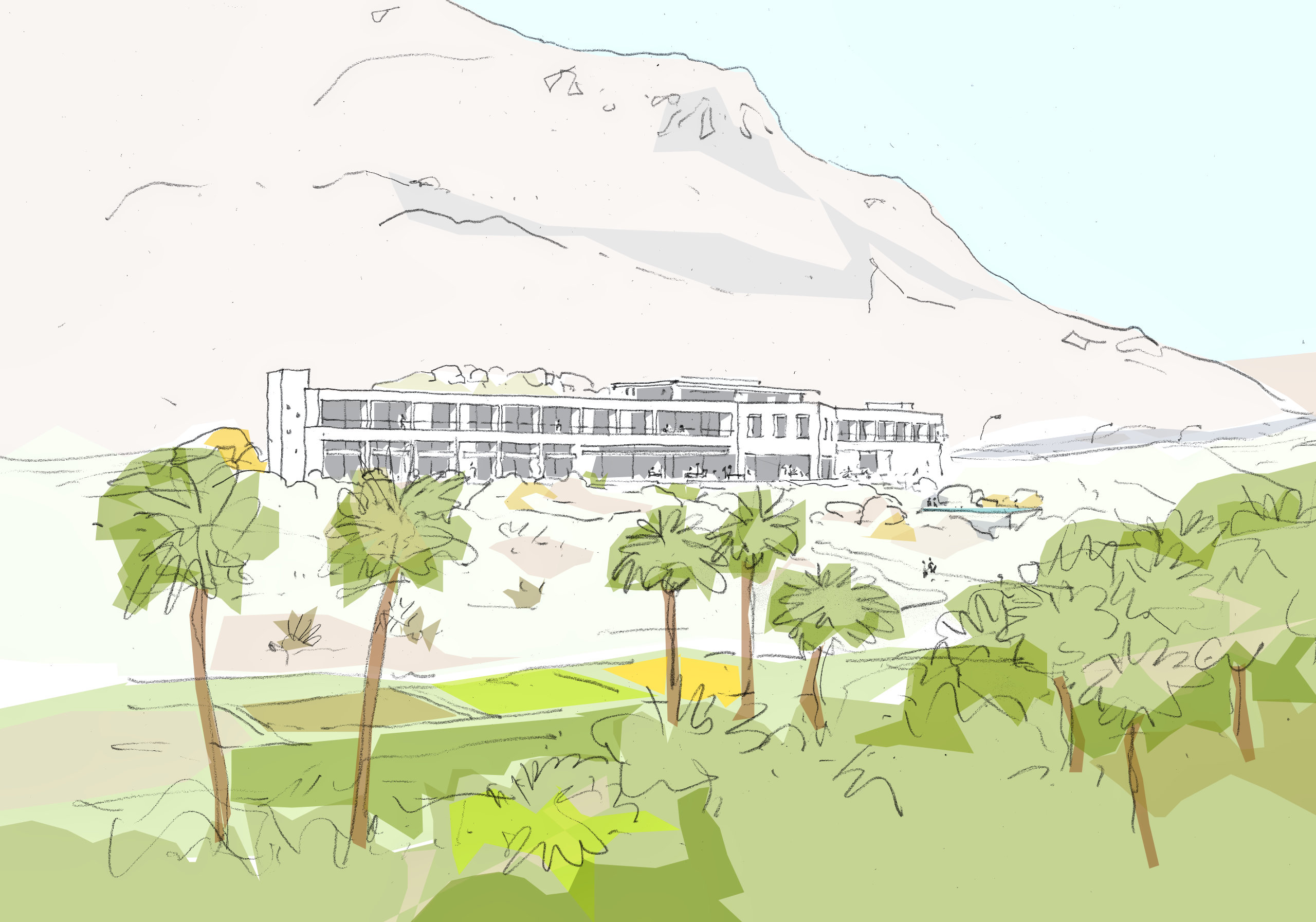
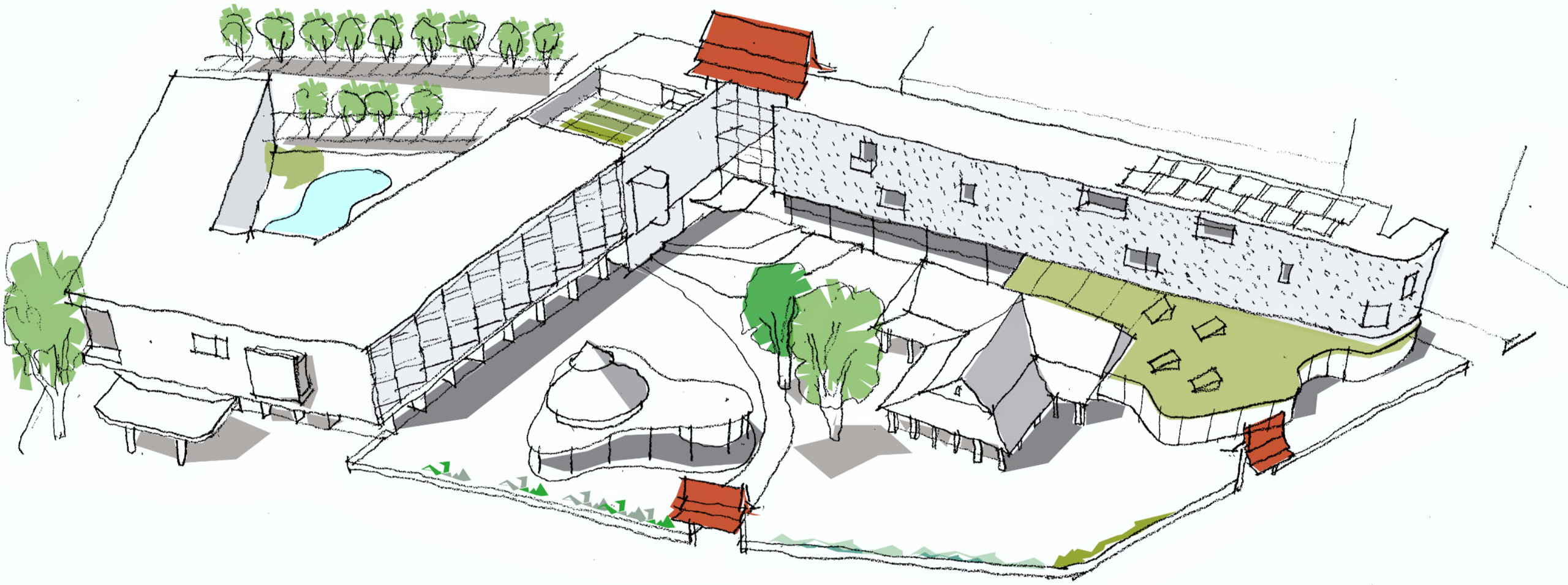
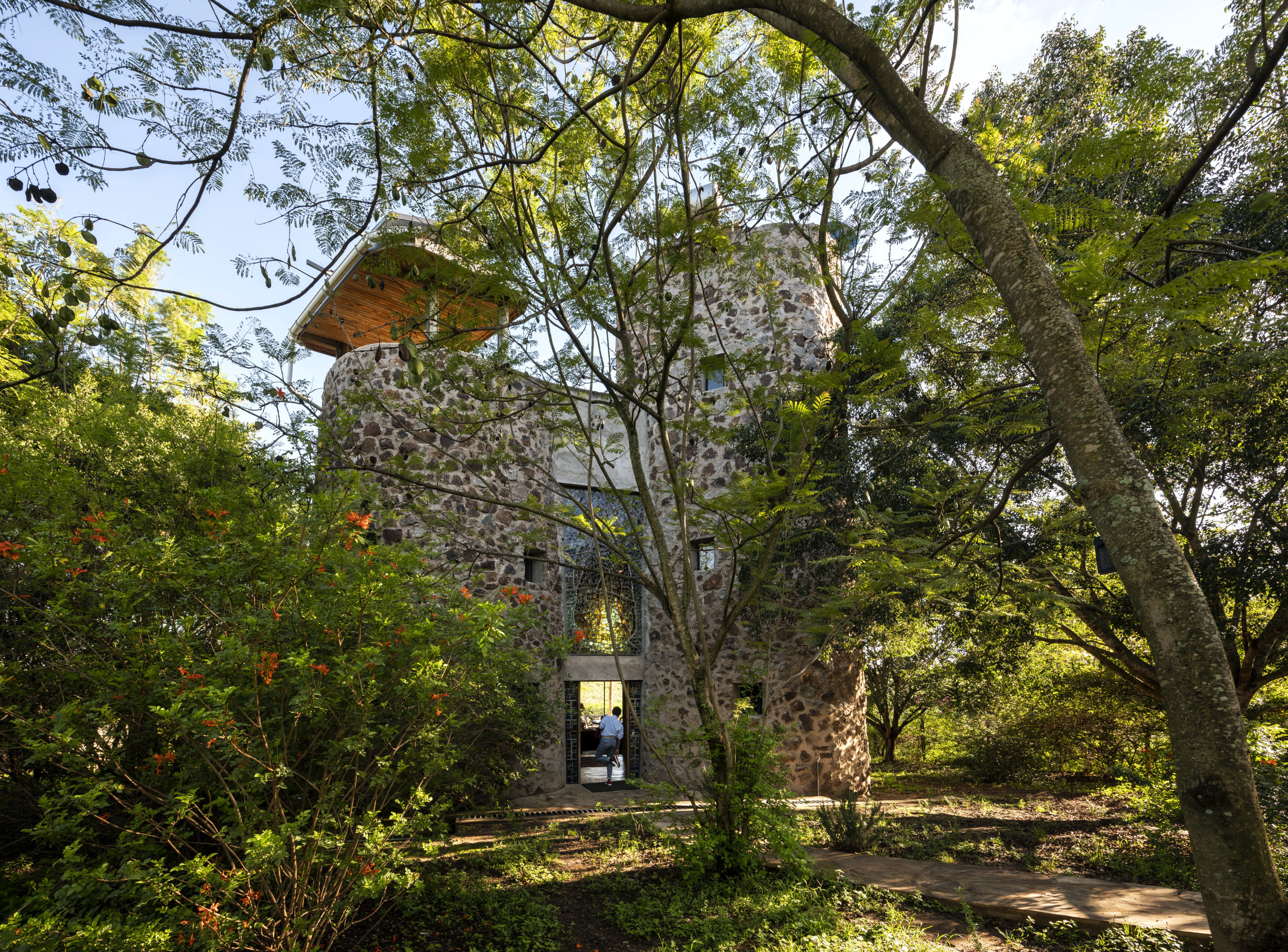
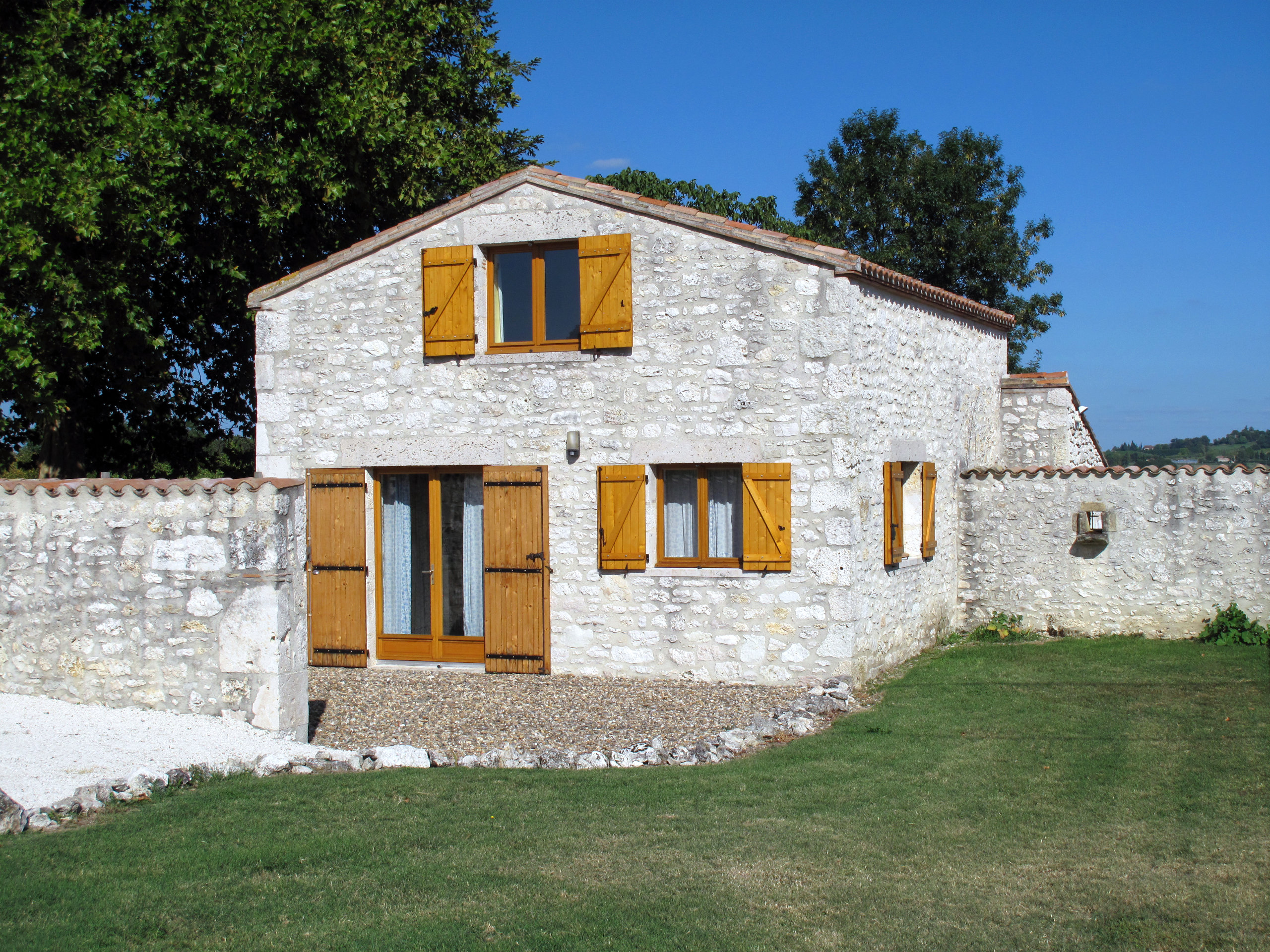
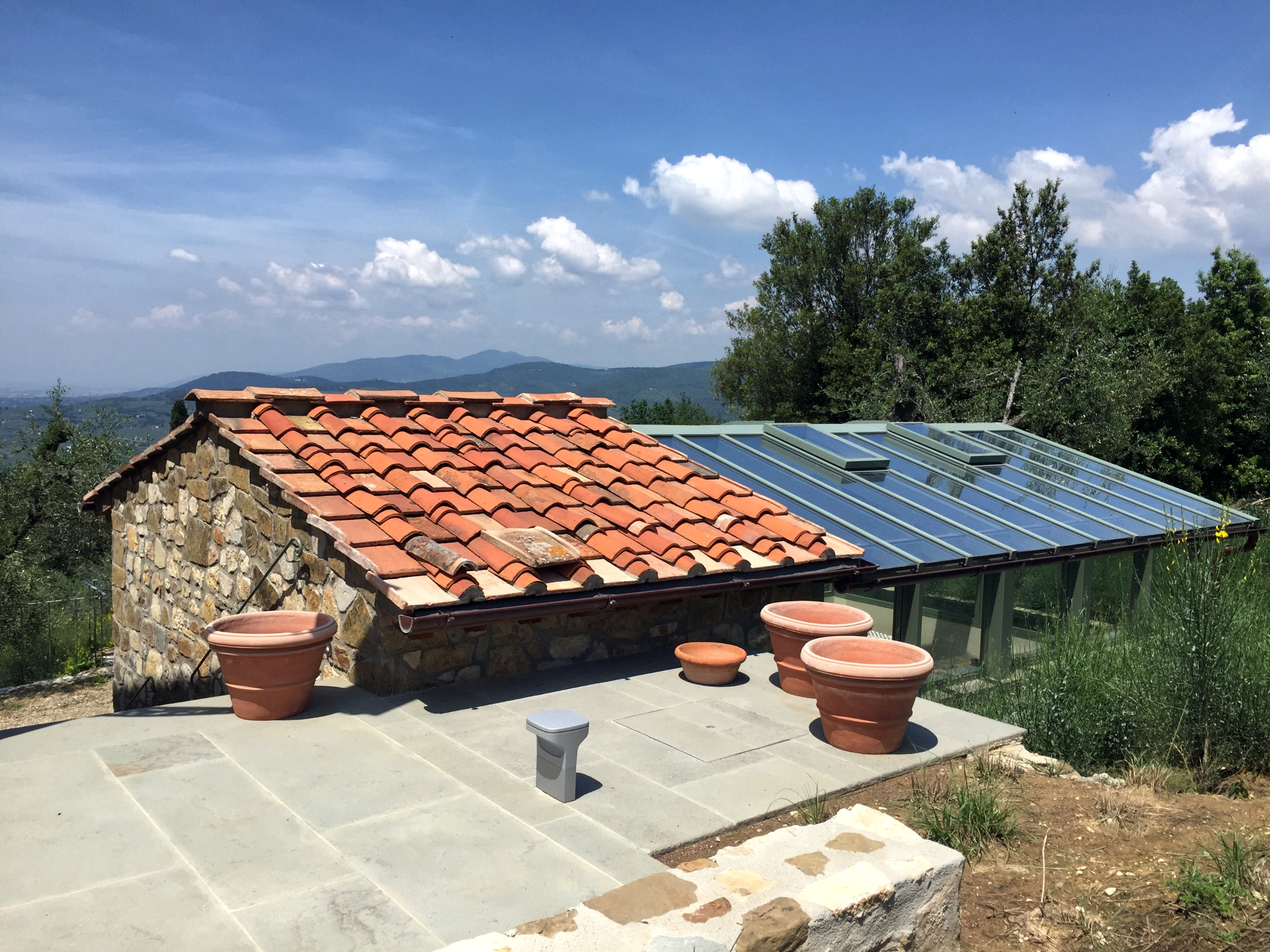
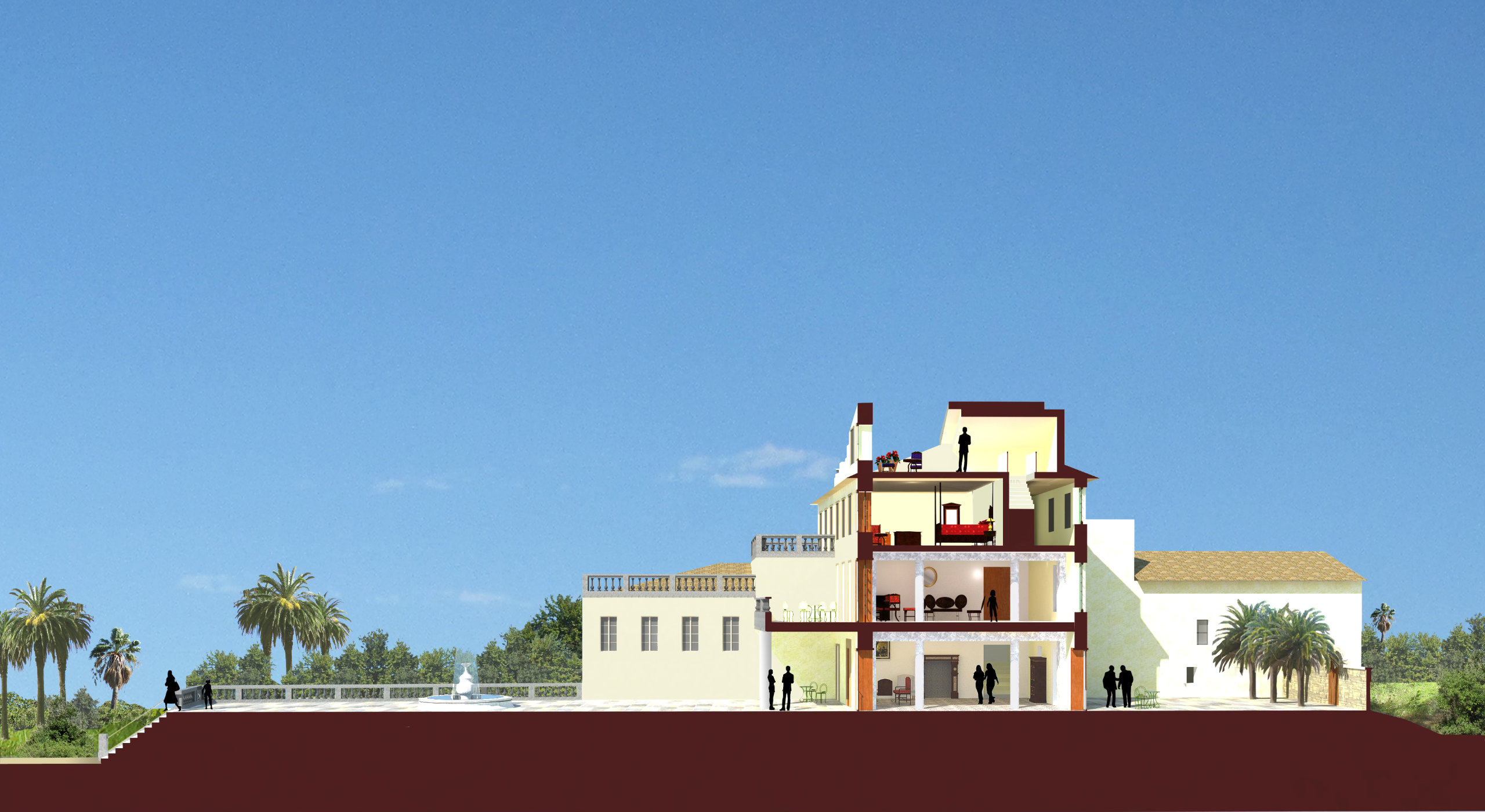
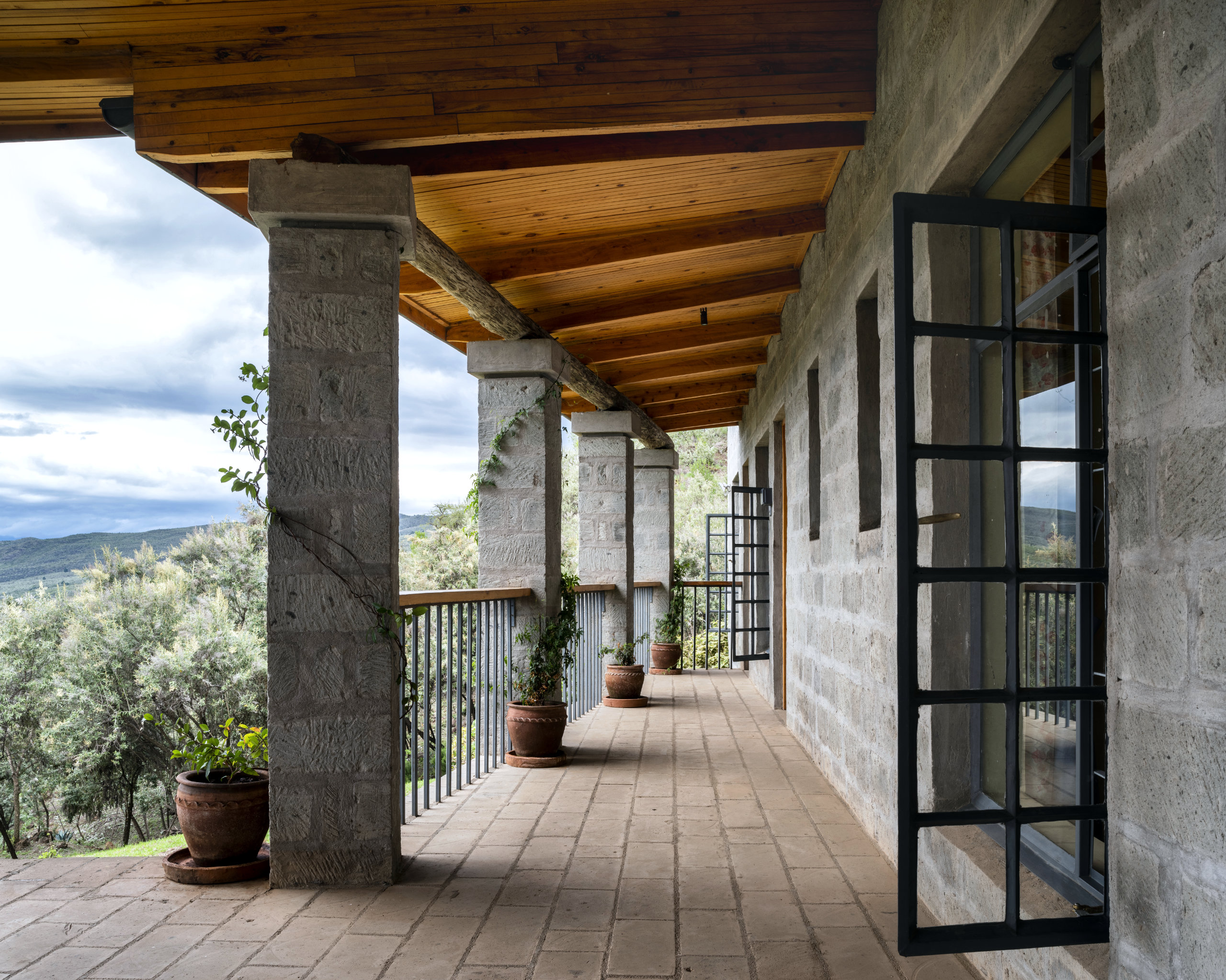
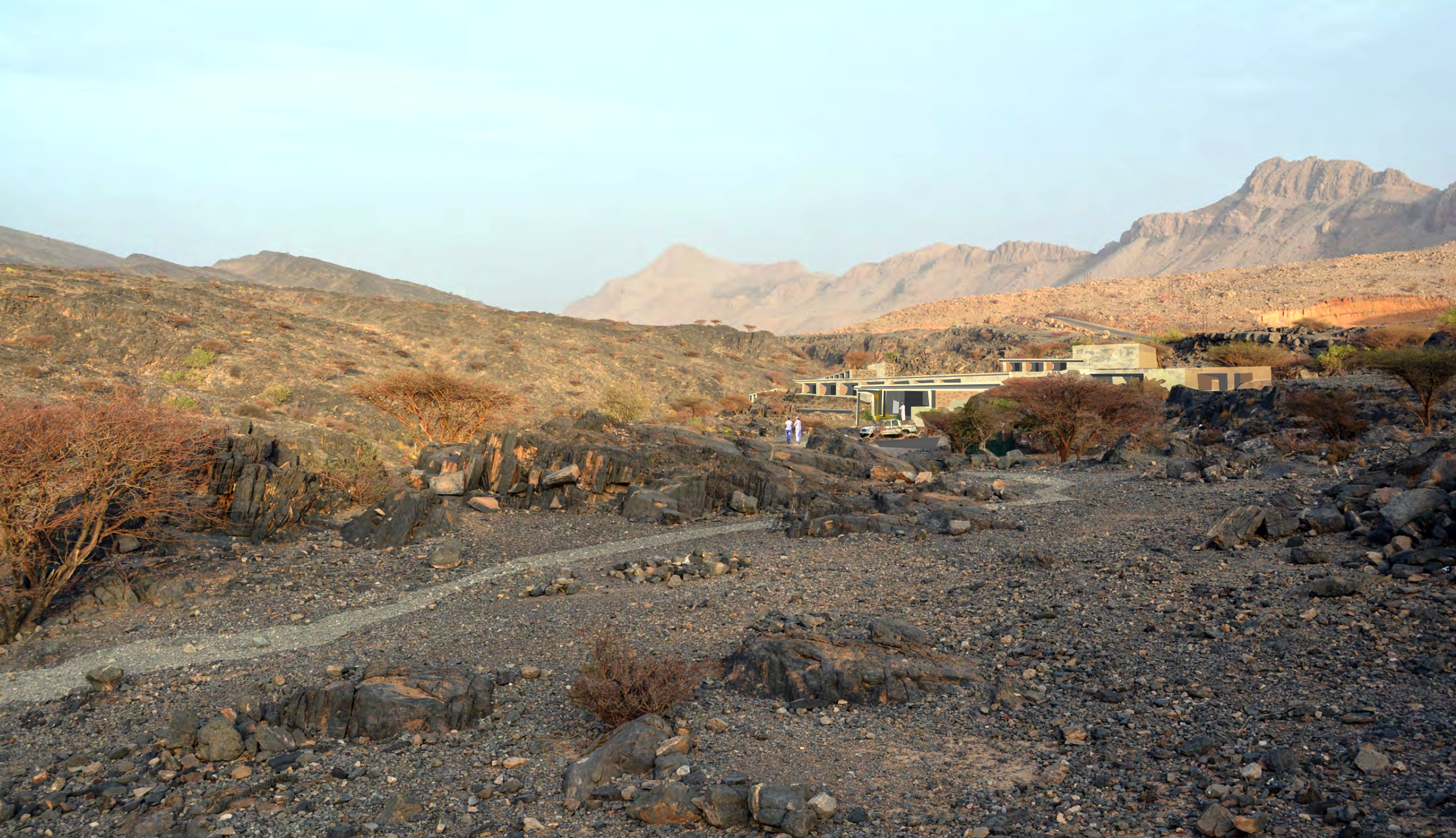
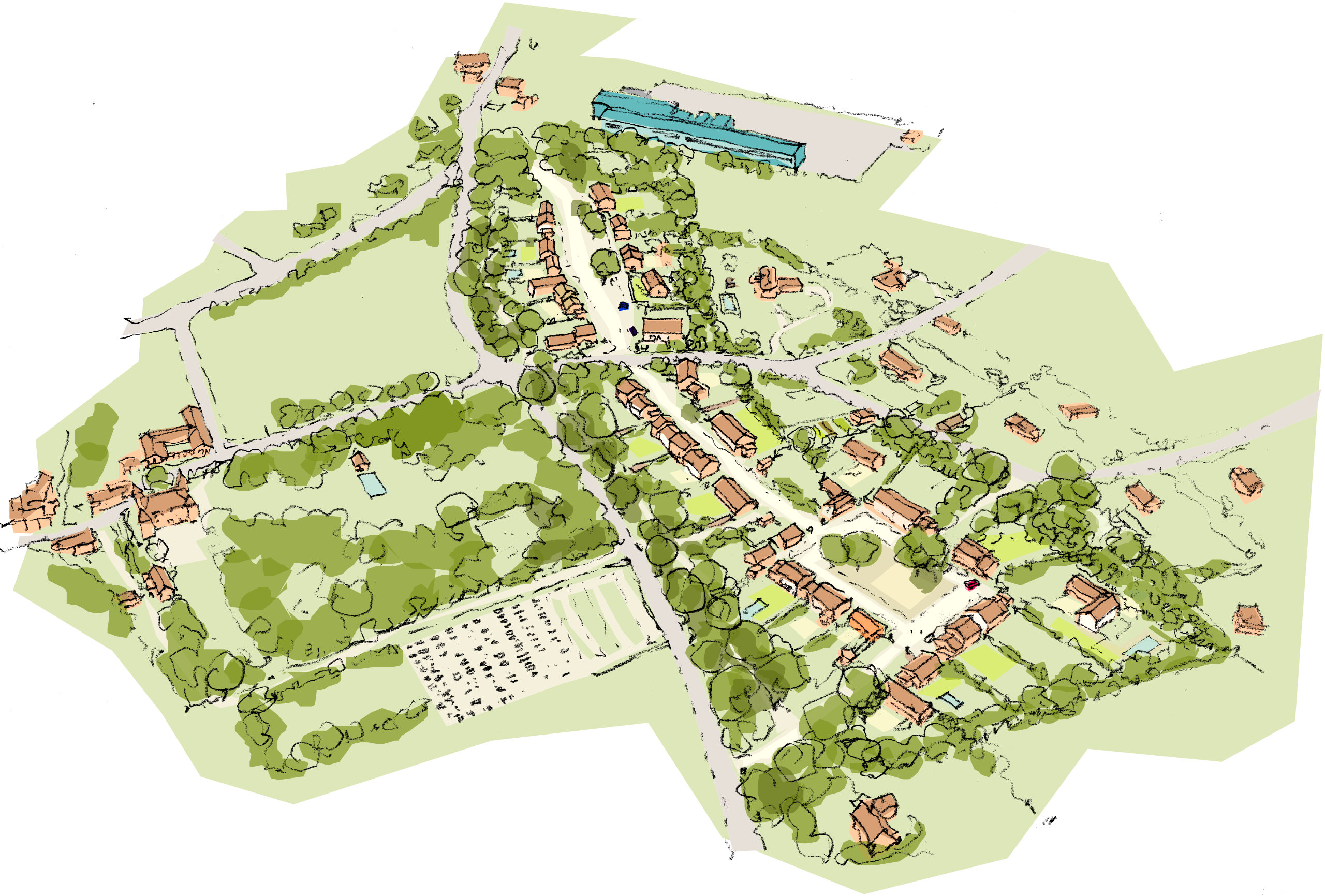
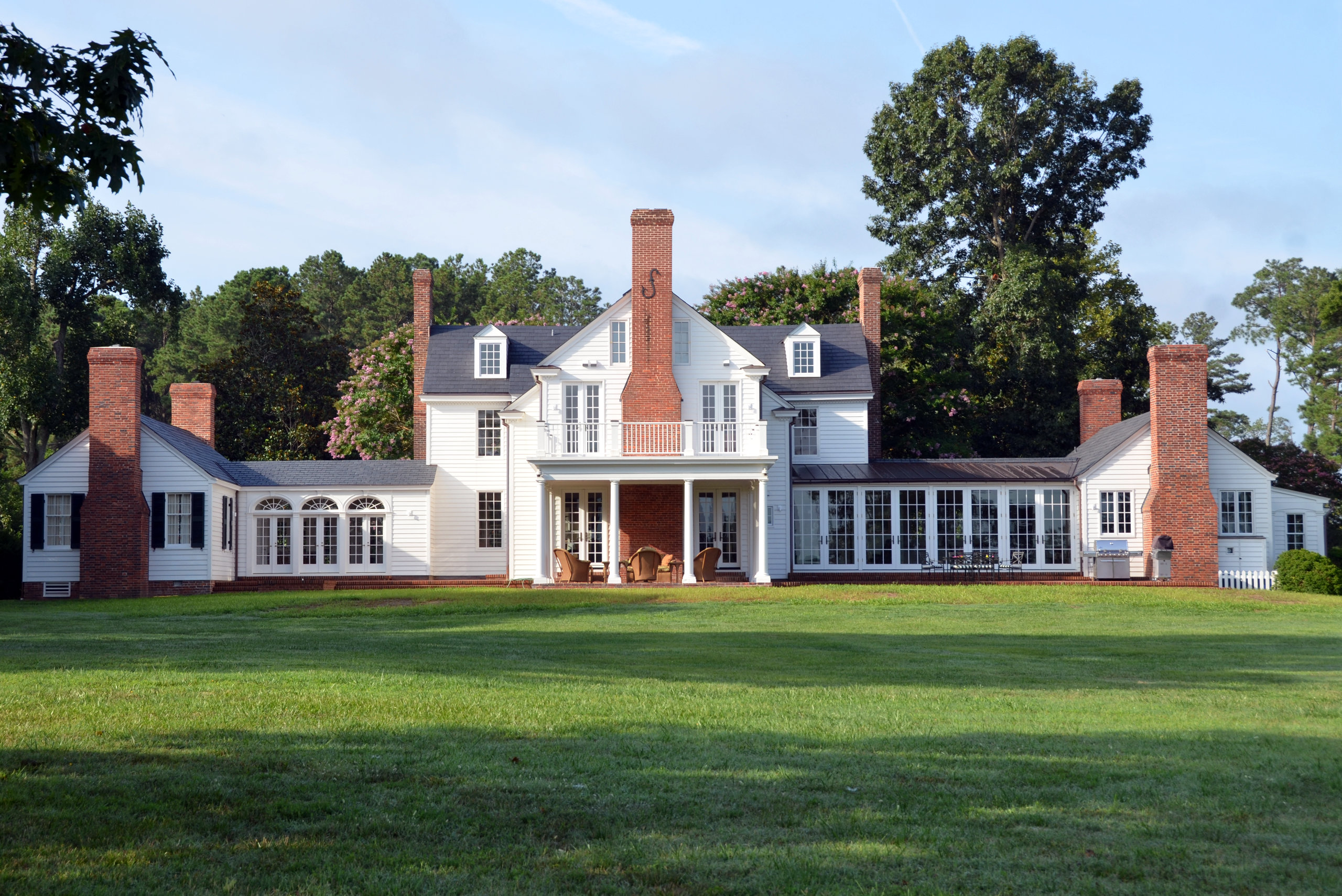
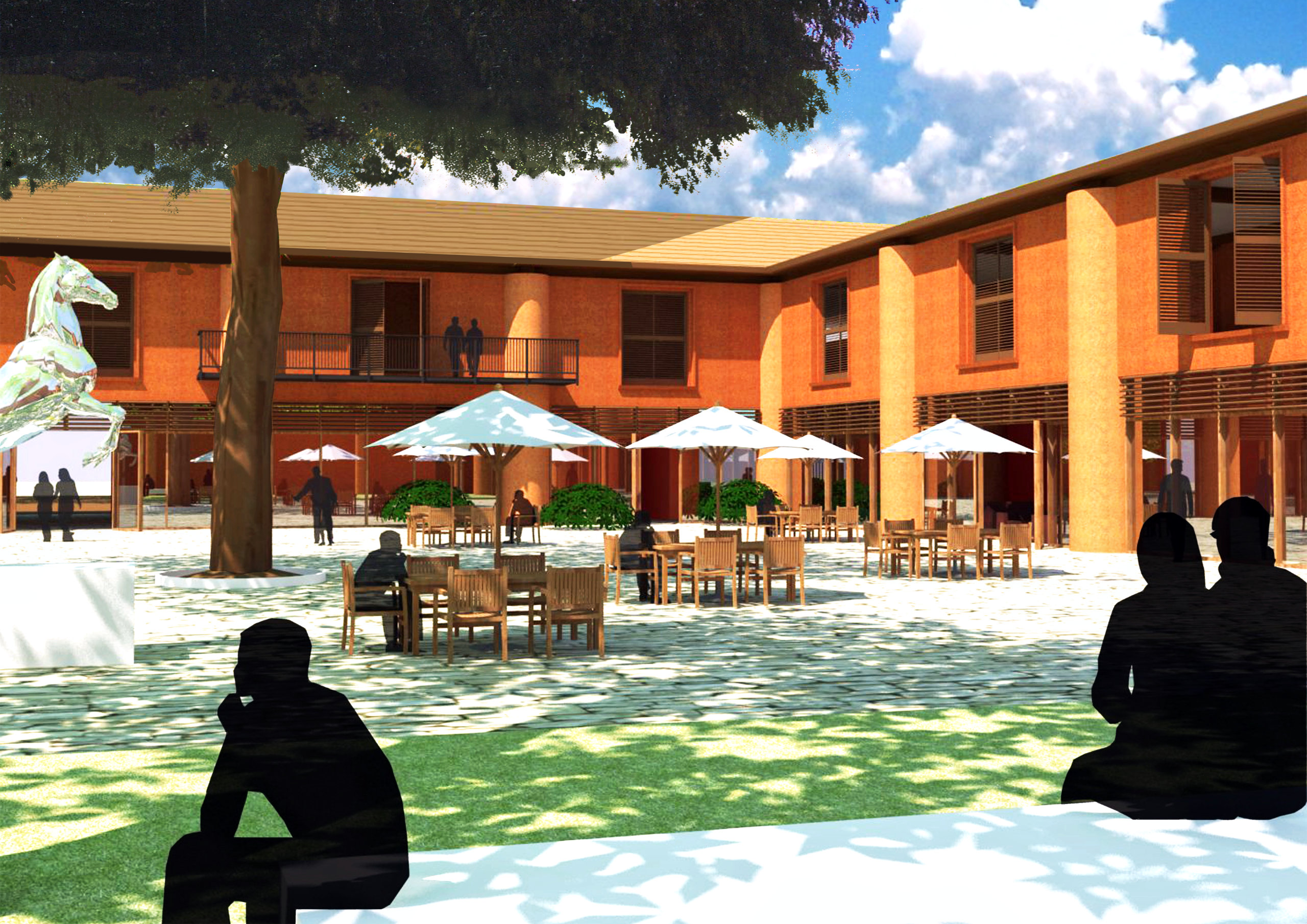
![Franco-German Embassy, Maputo, Mozambique [Competition]](https://kilburnnightingale.com/wp-content/uploads/2022/04/Franco-German_Embassy_Maputo_Competition_Section.jpg)
